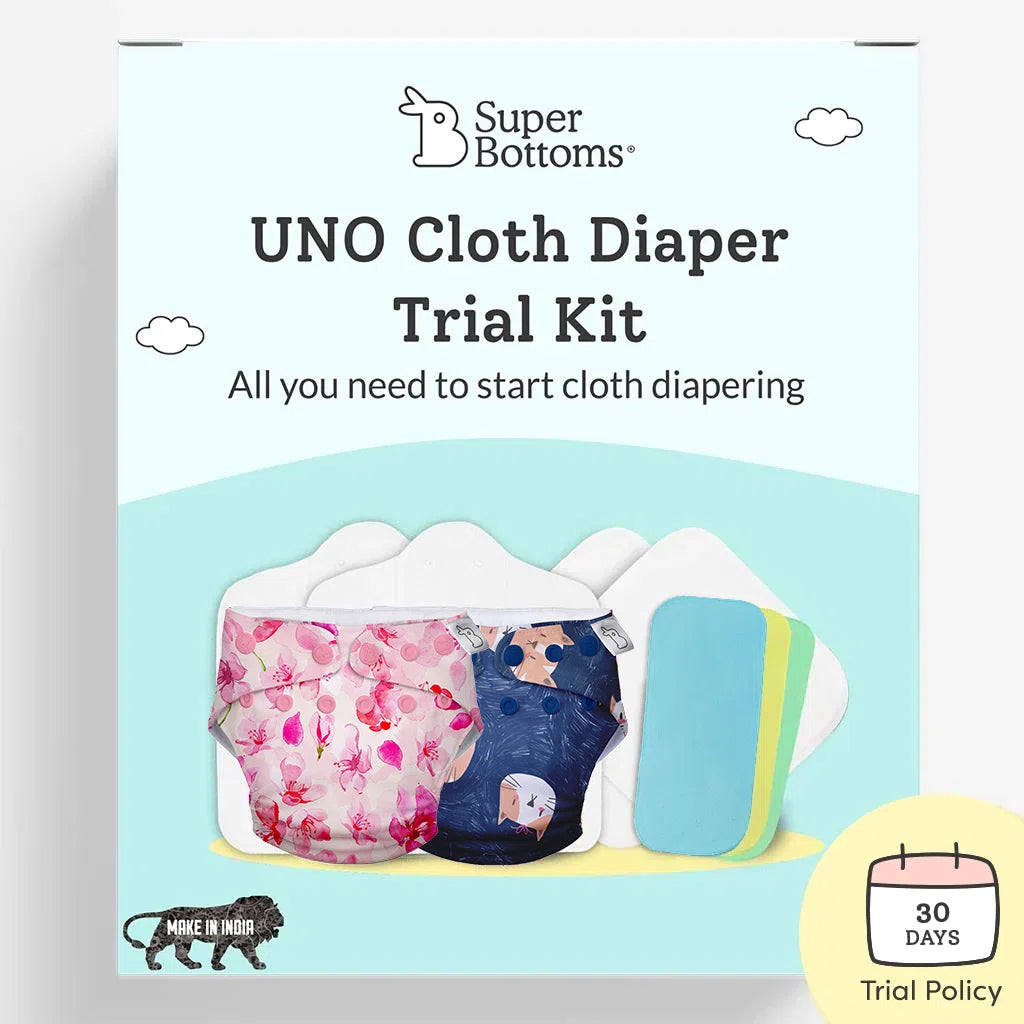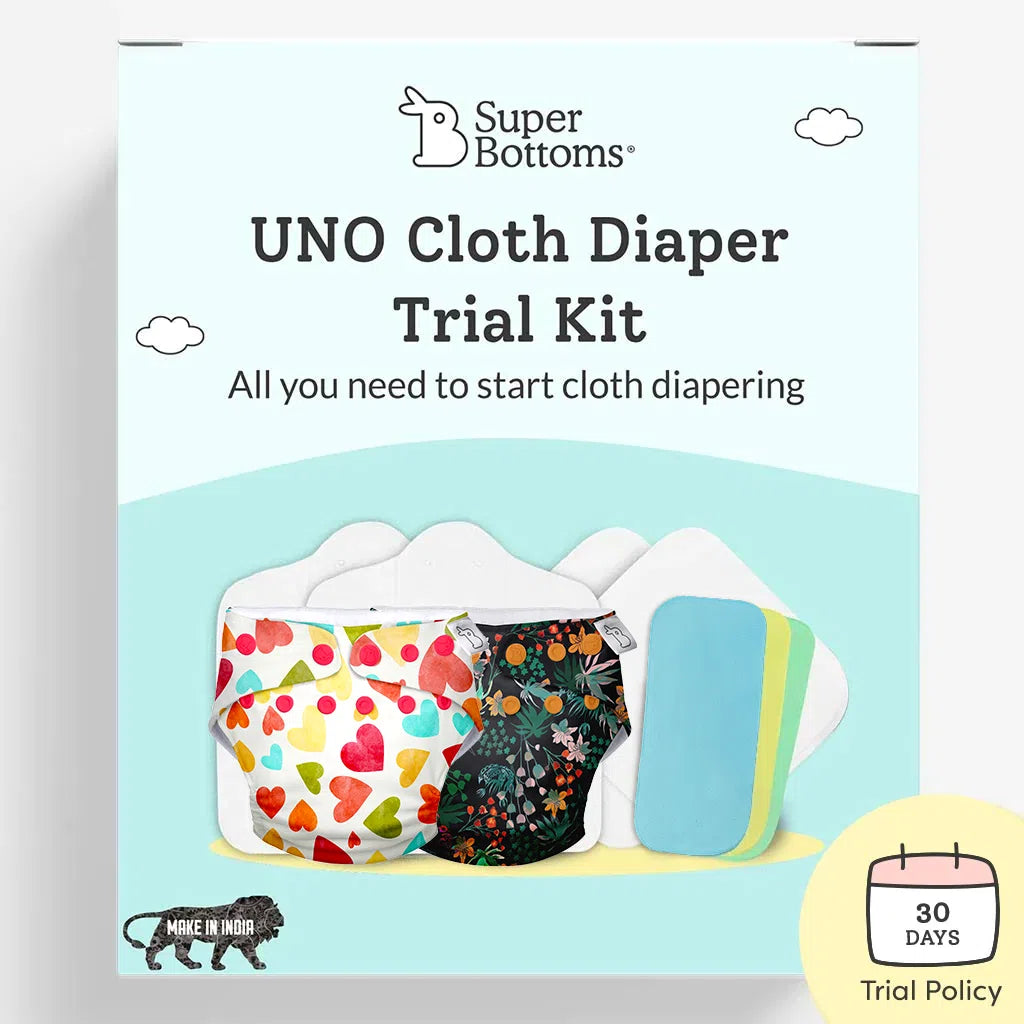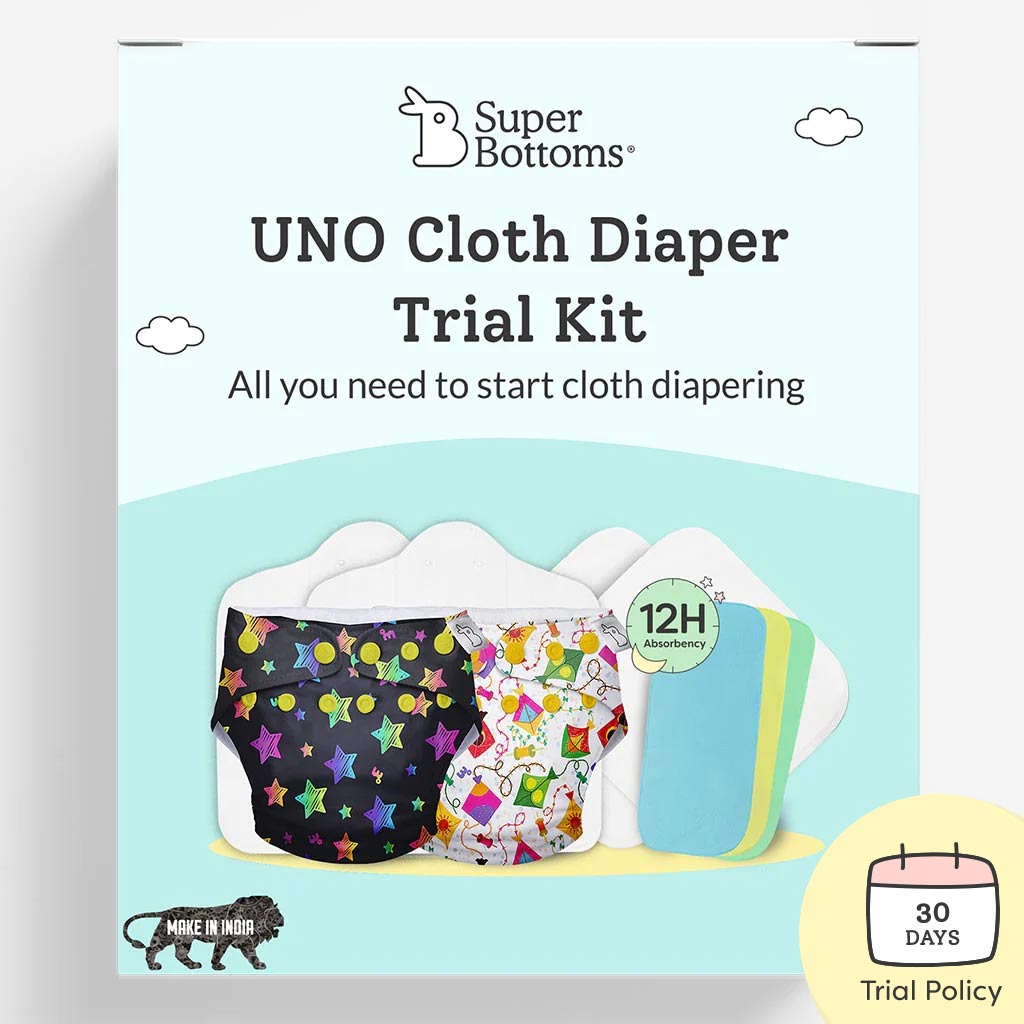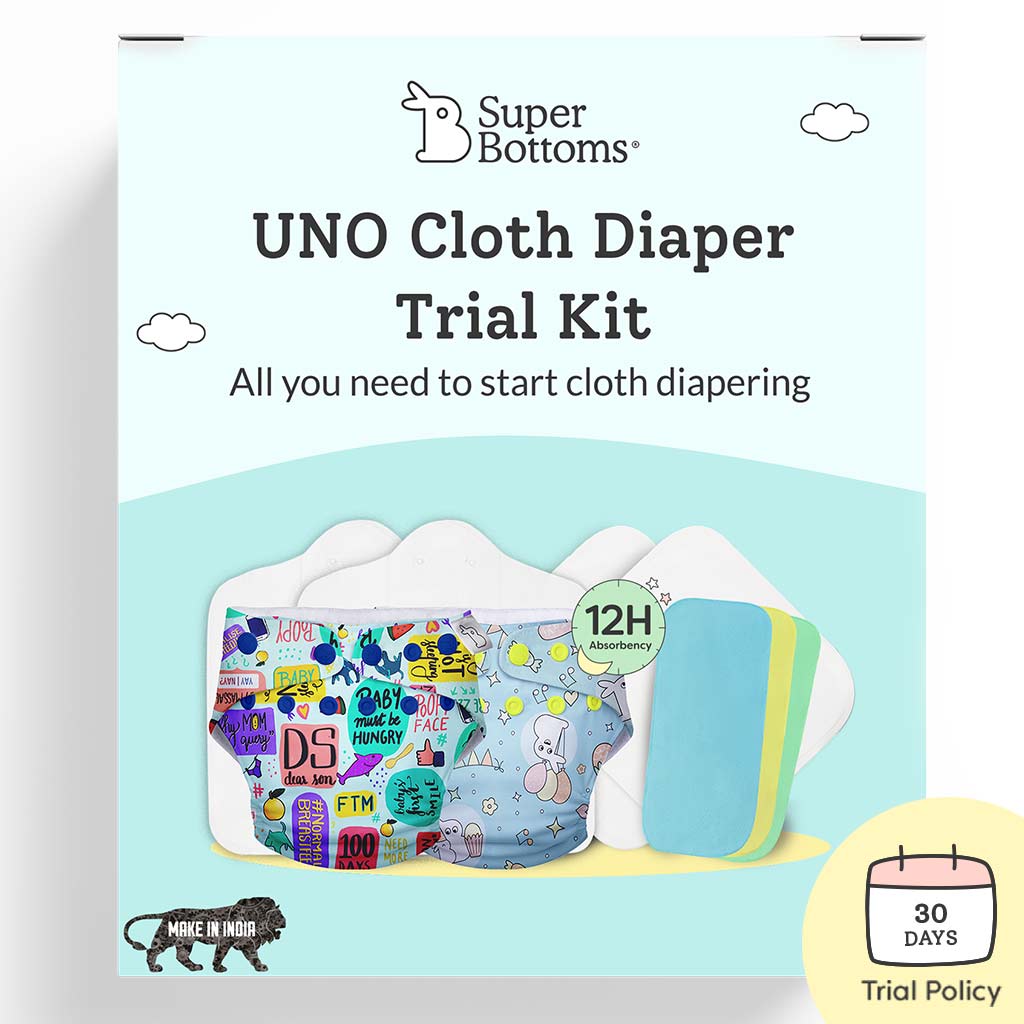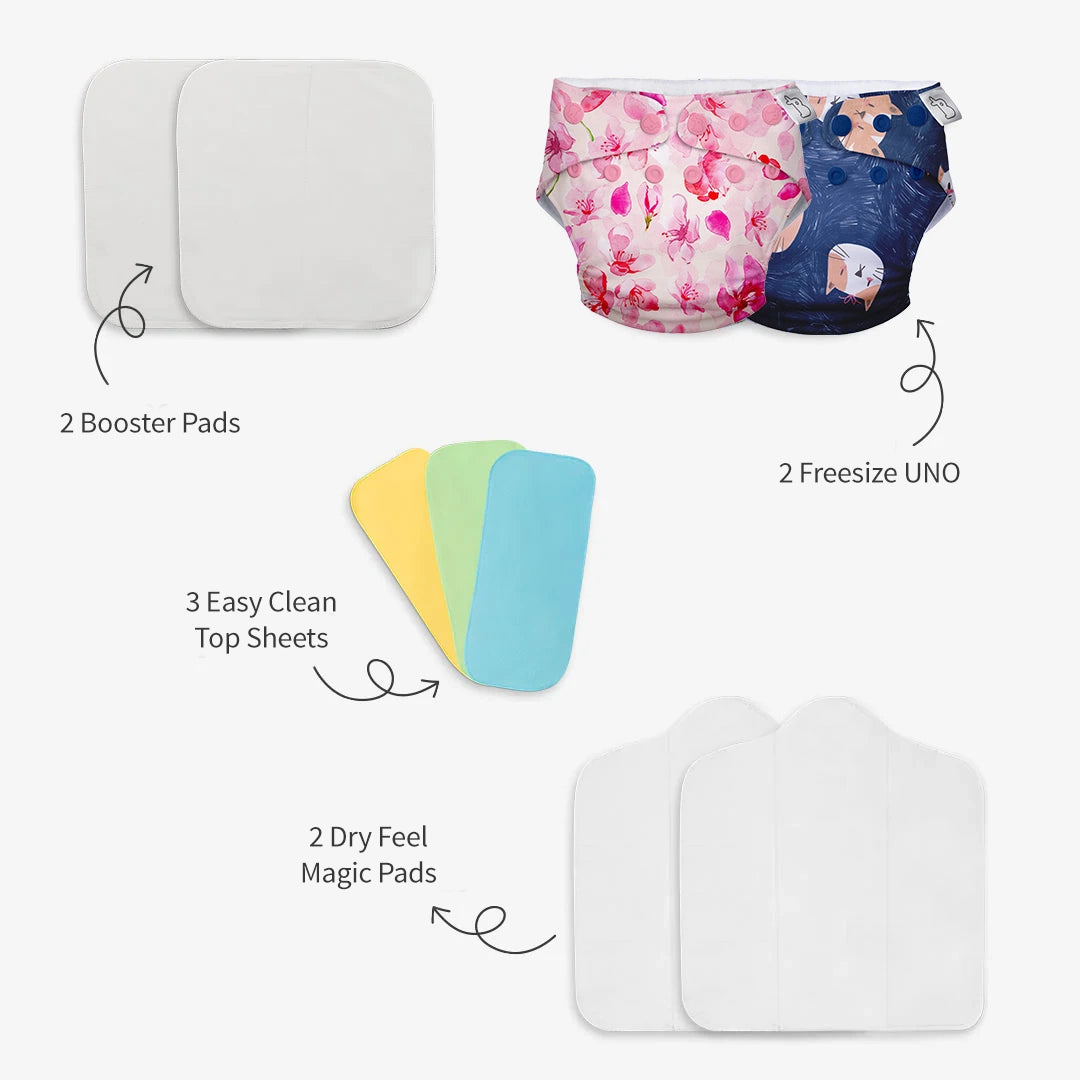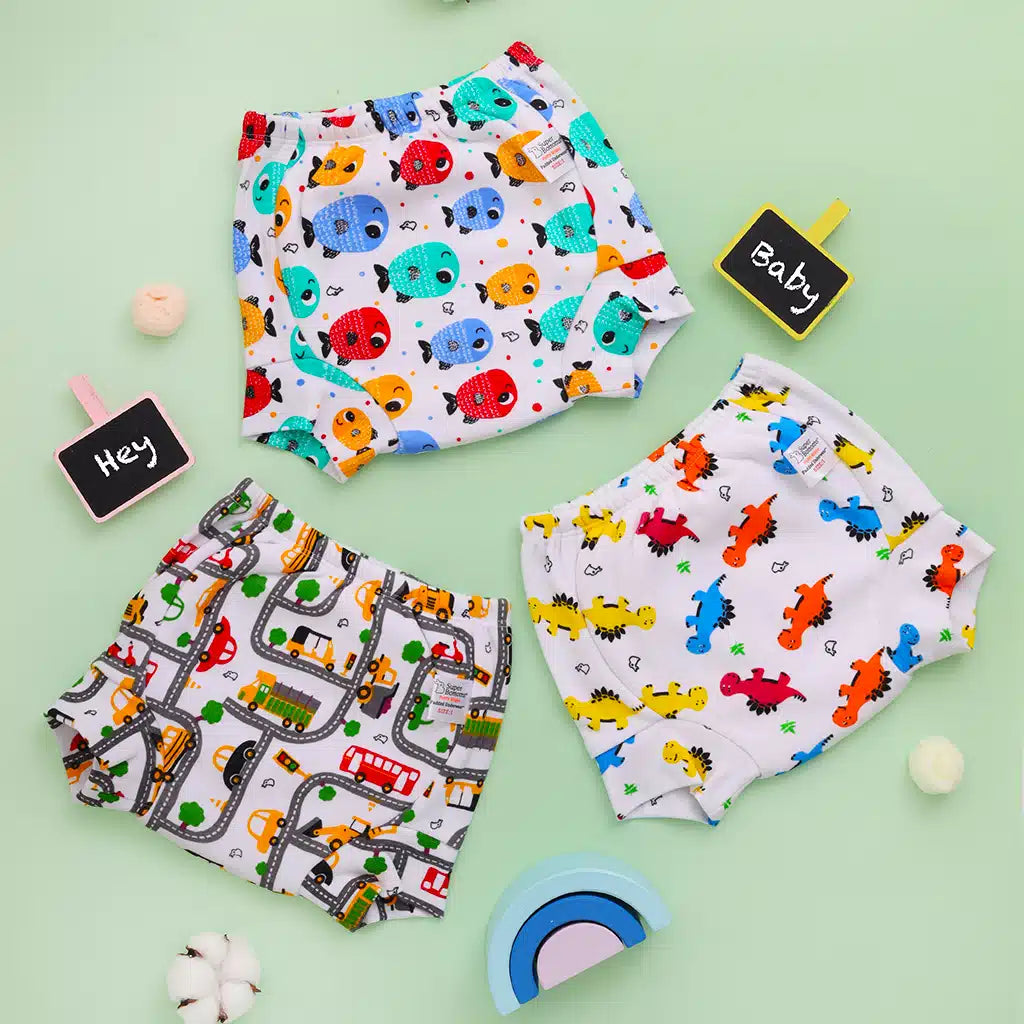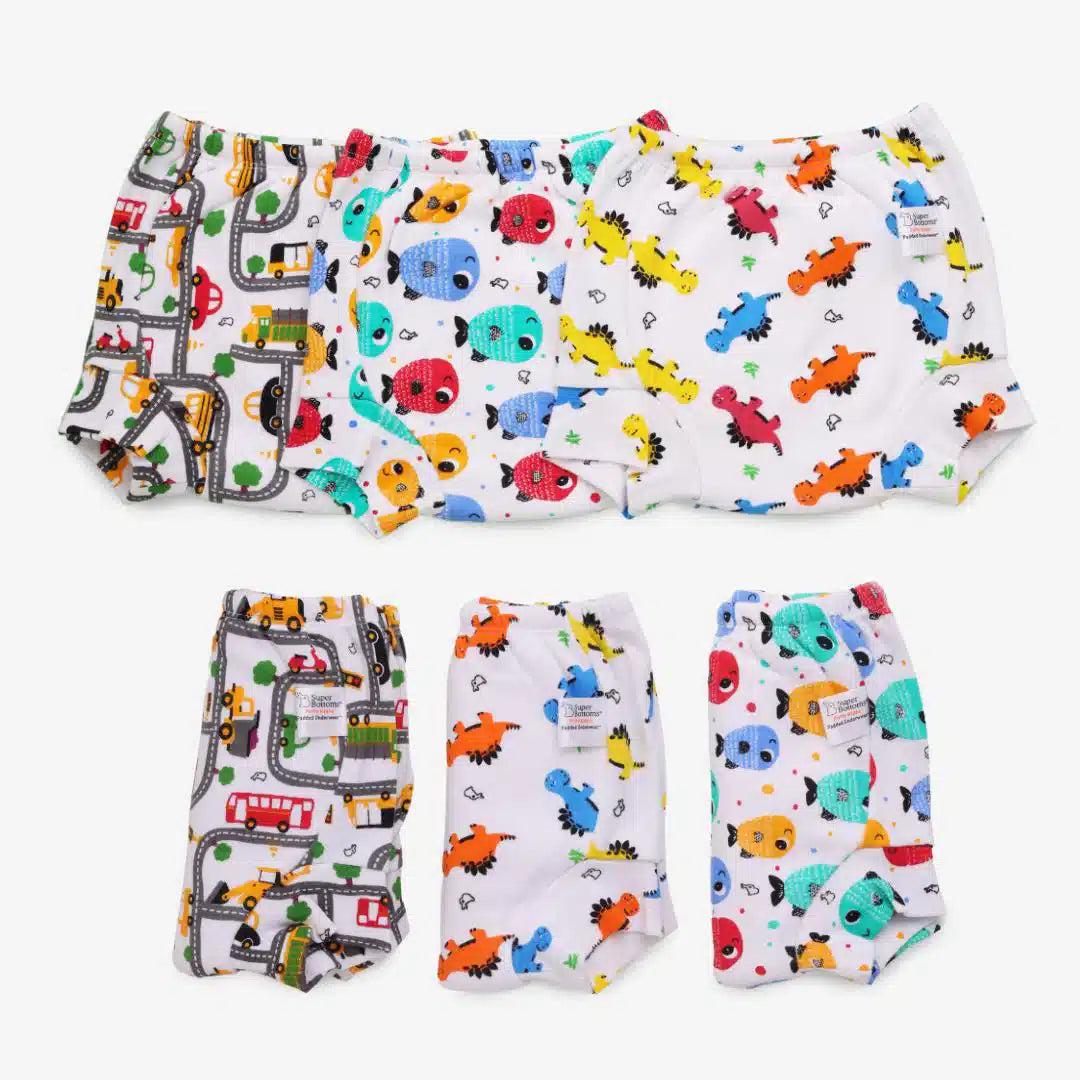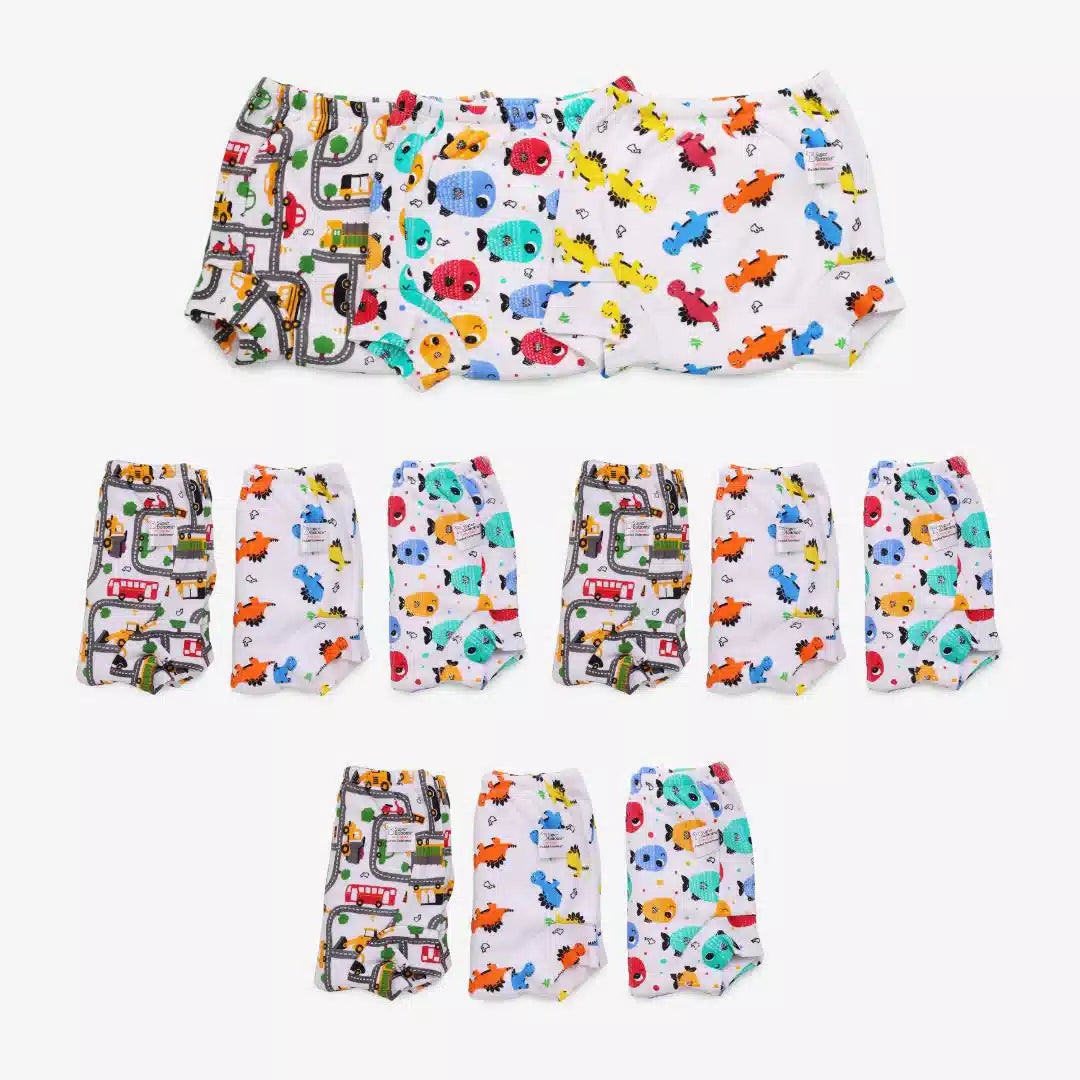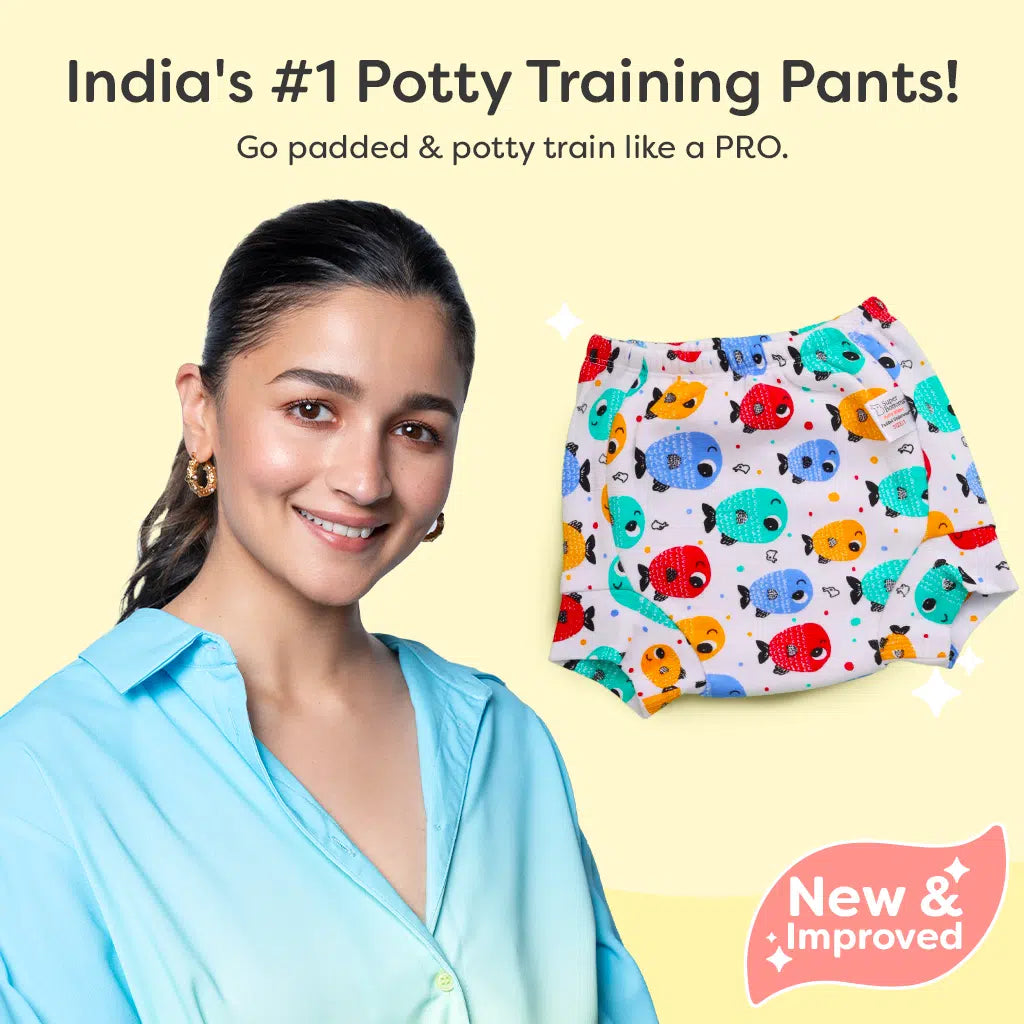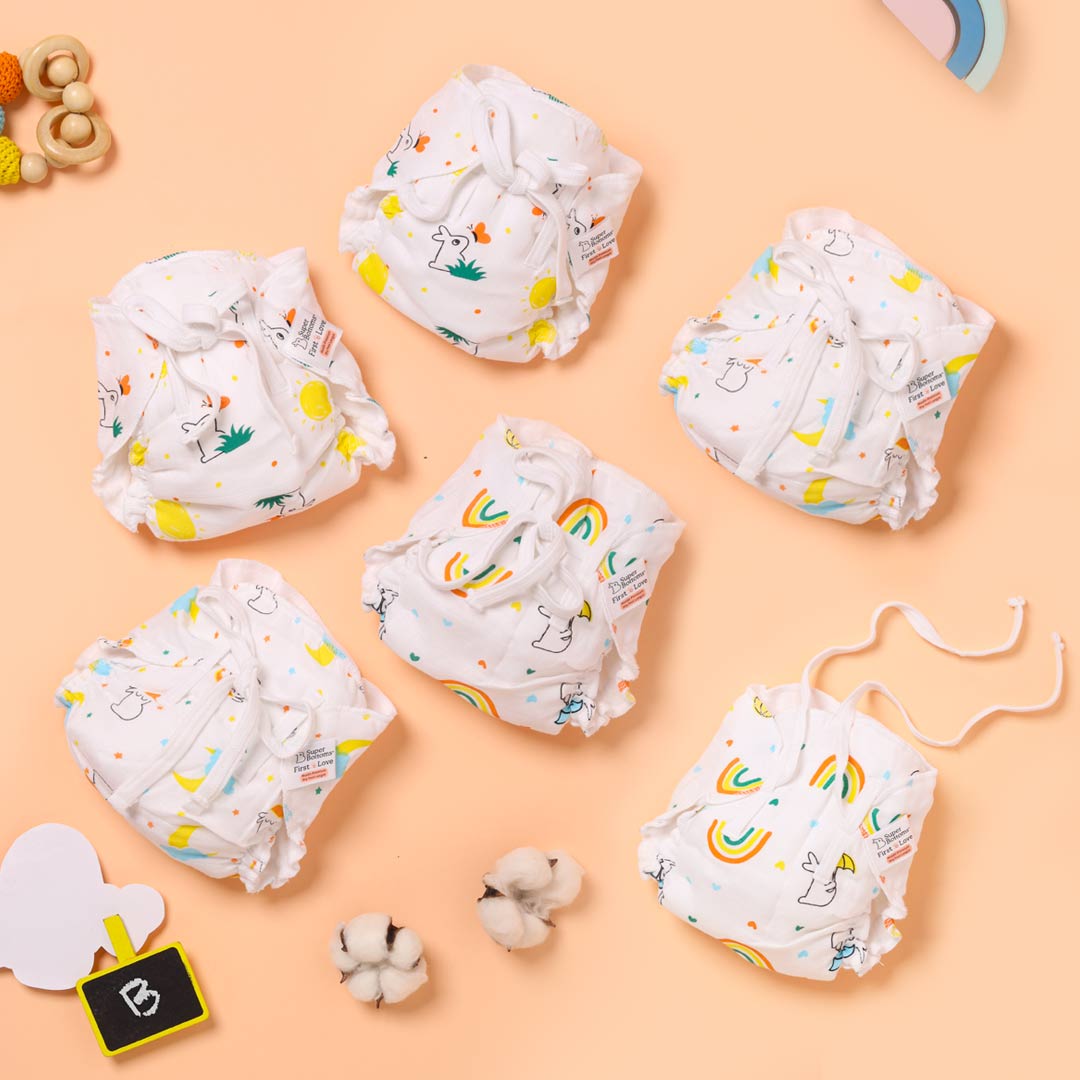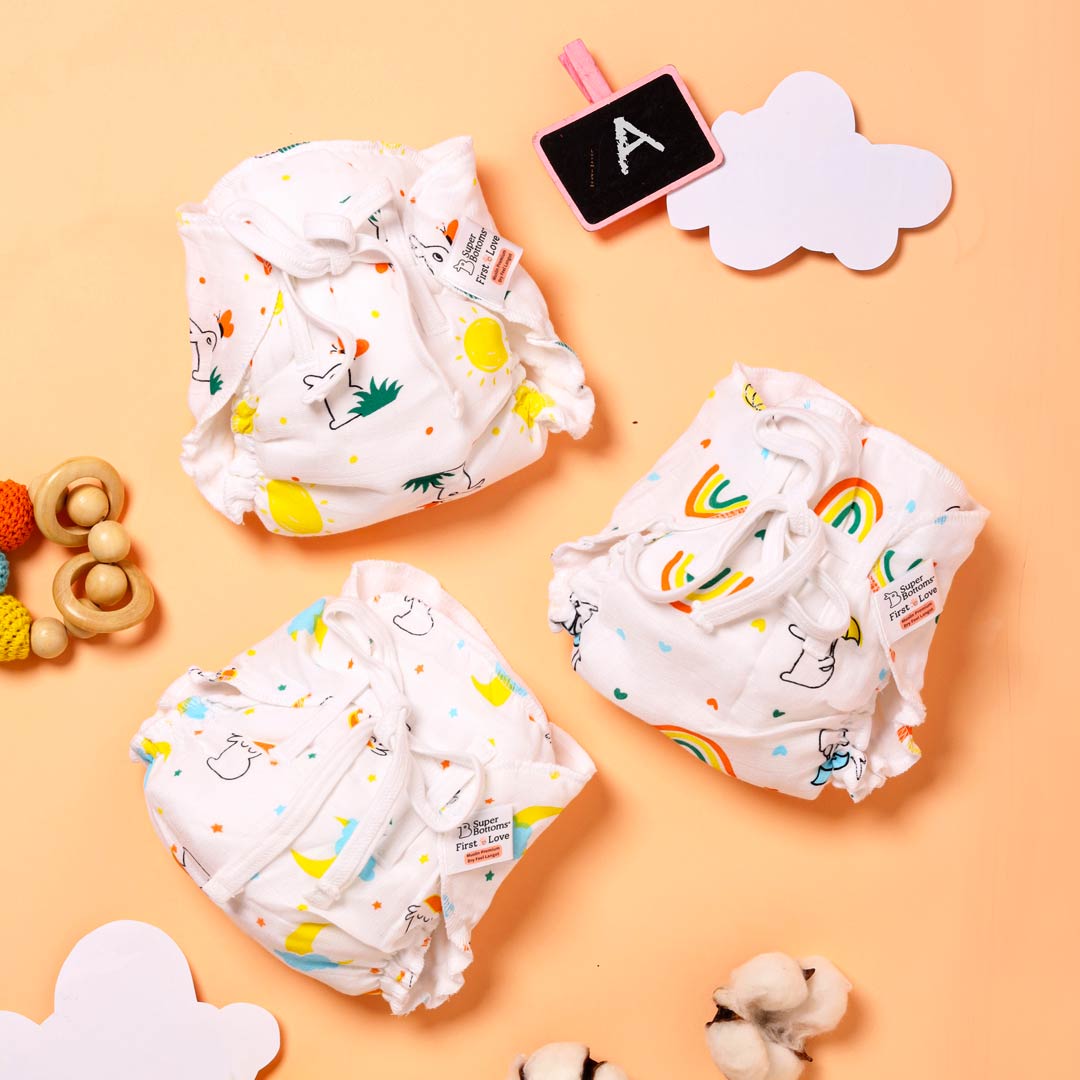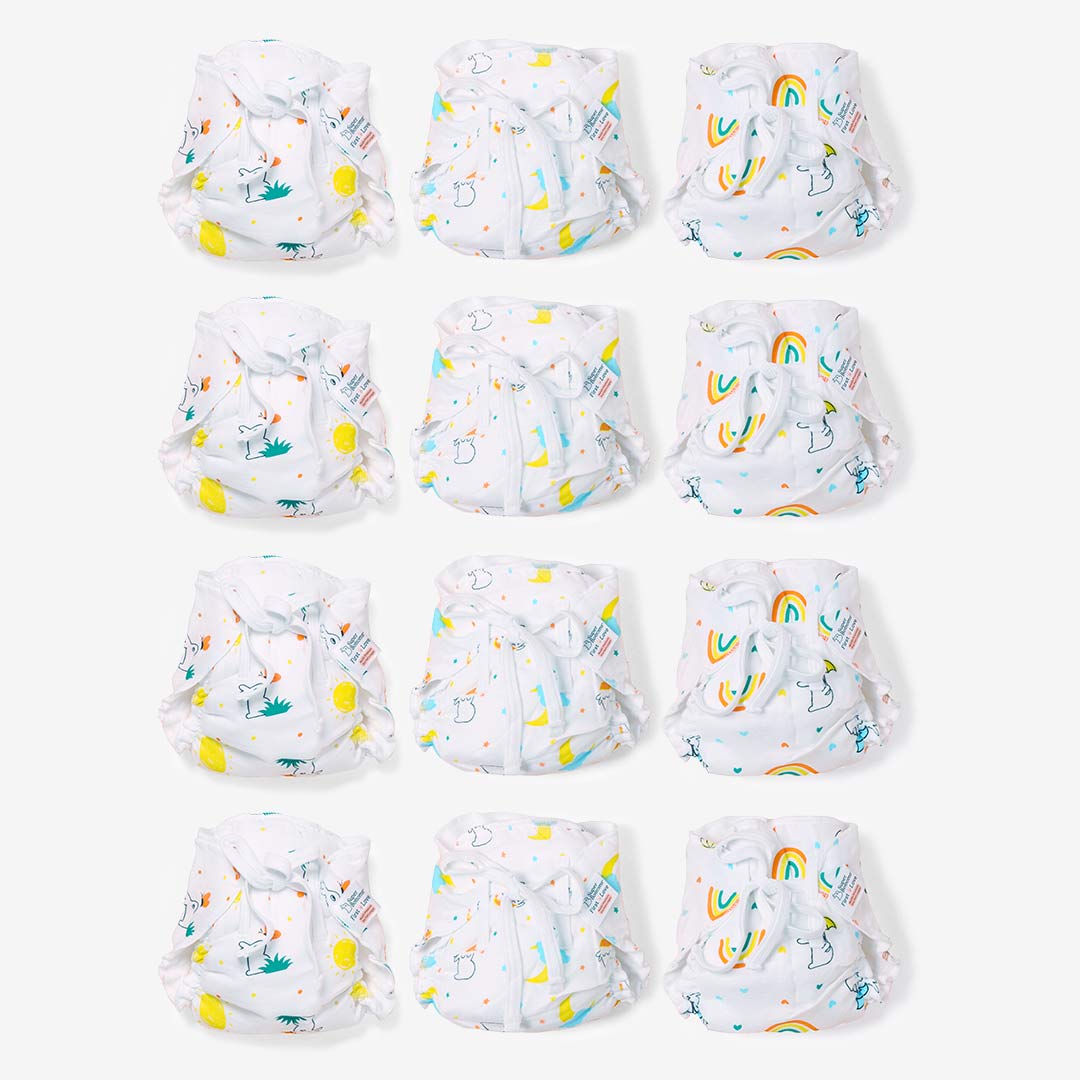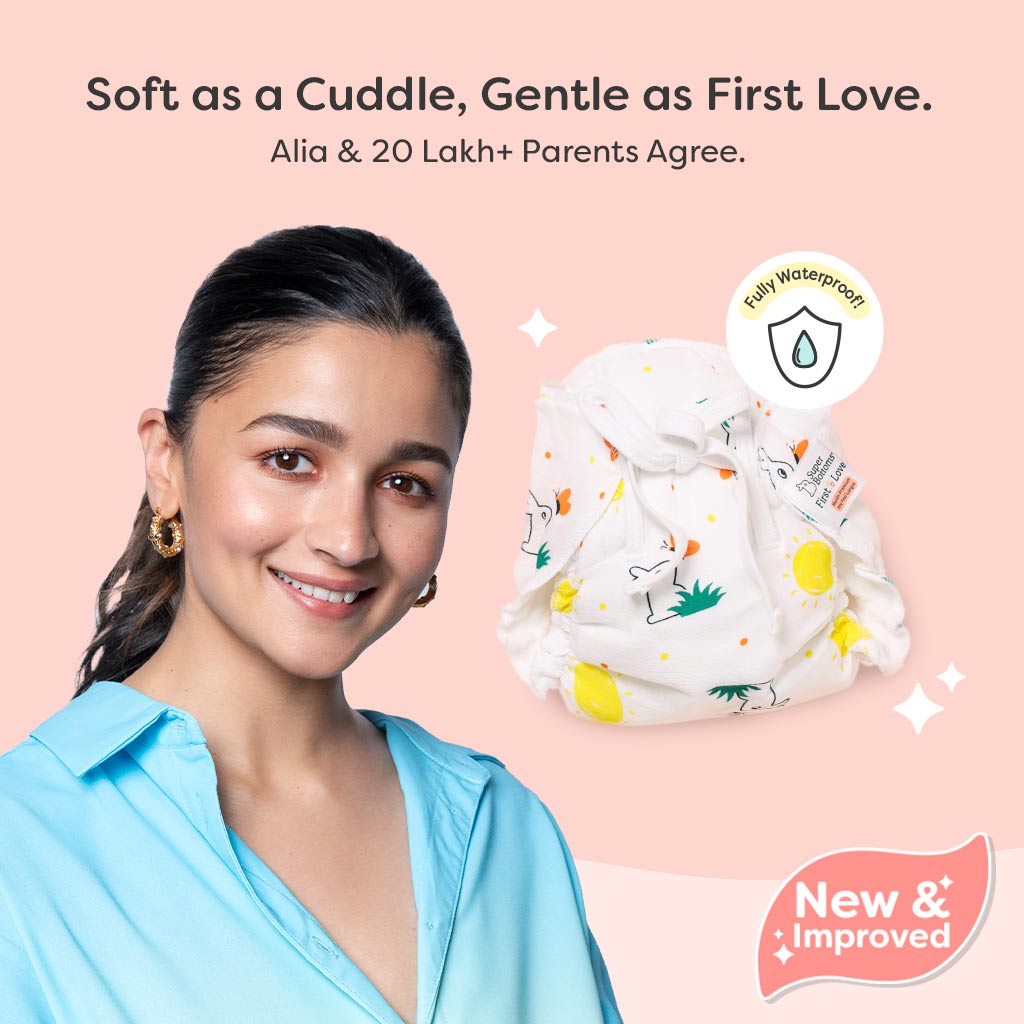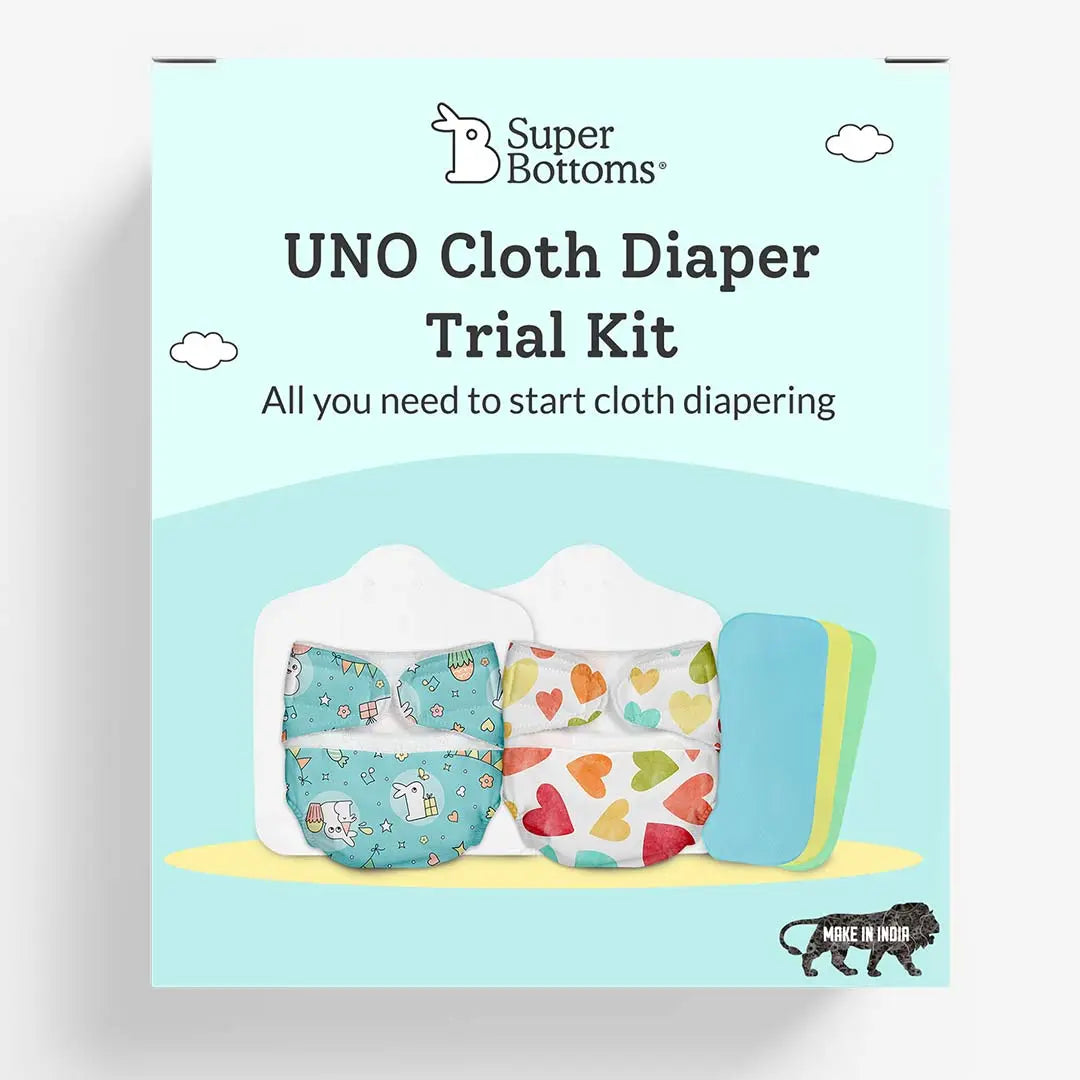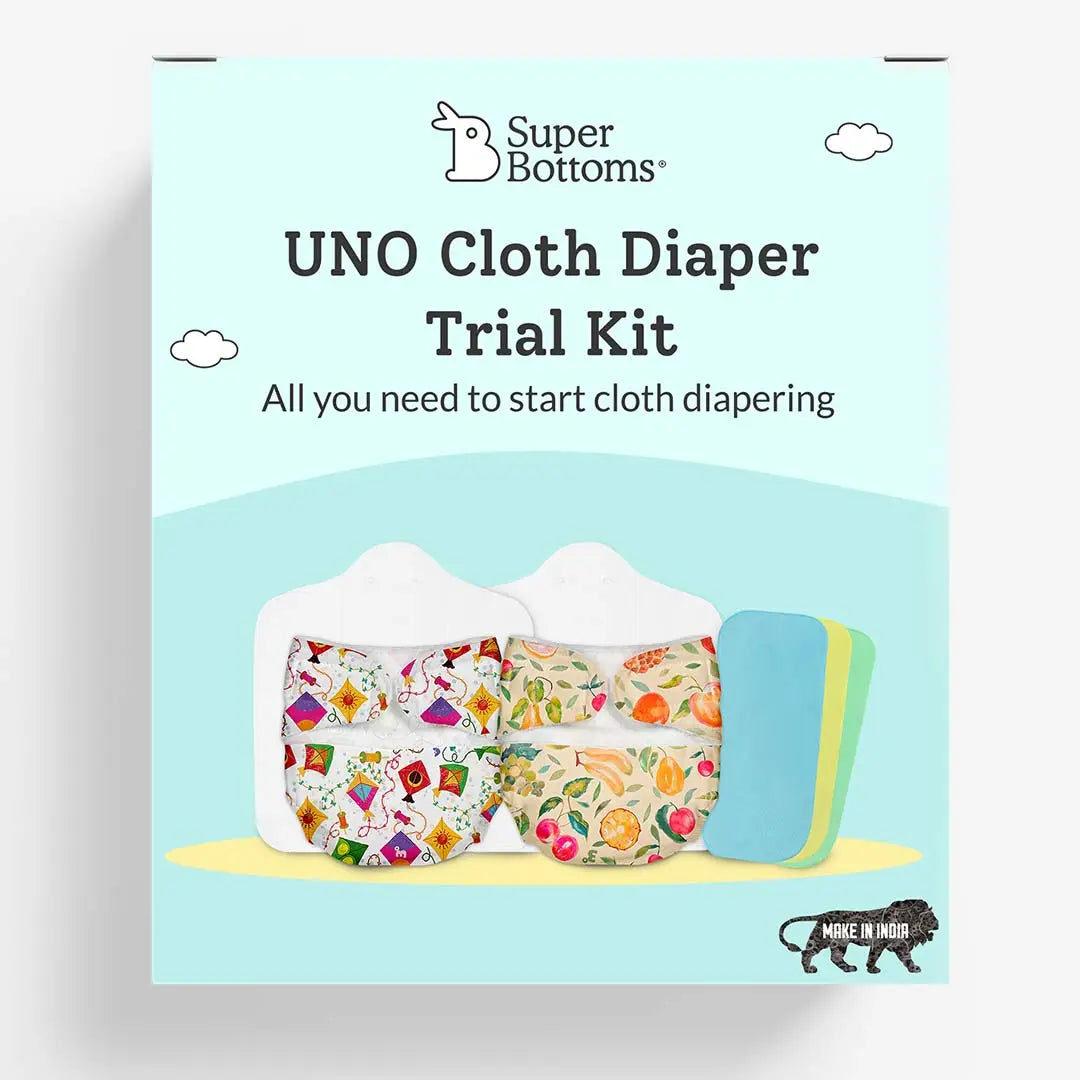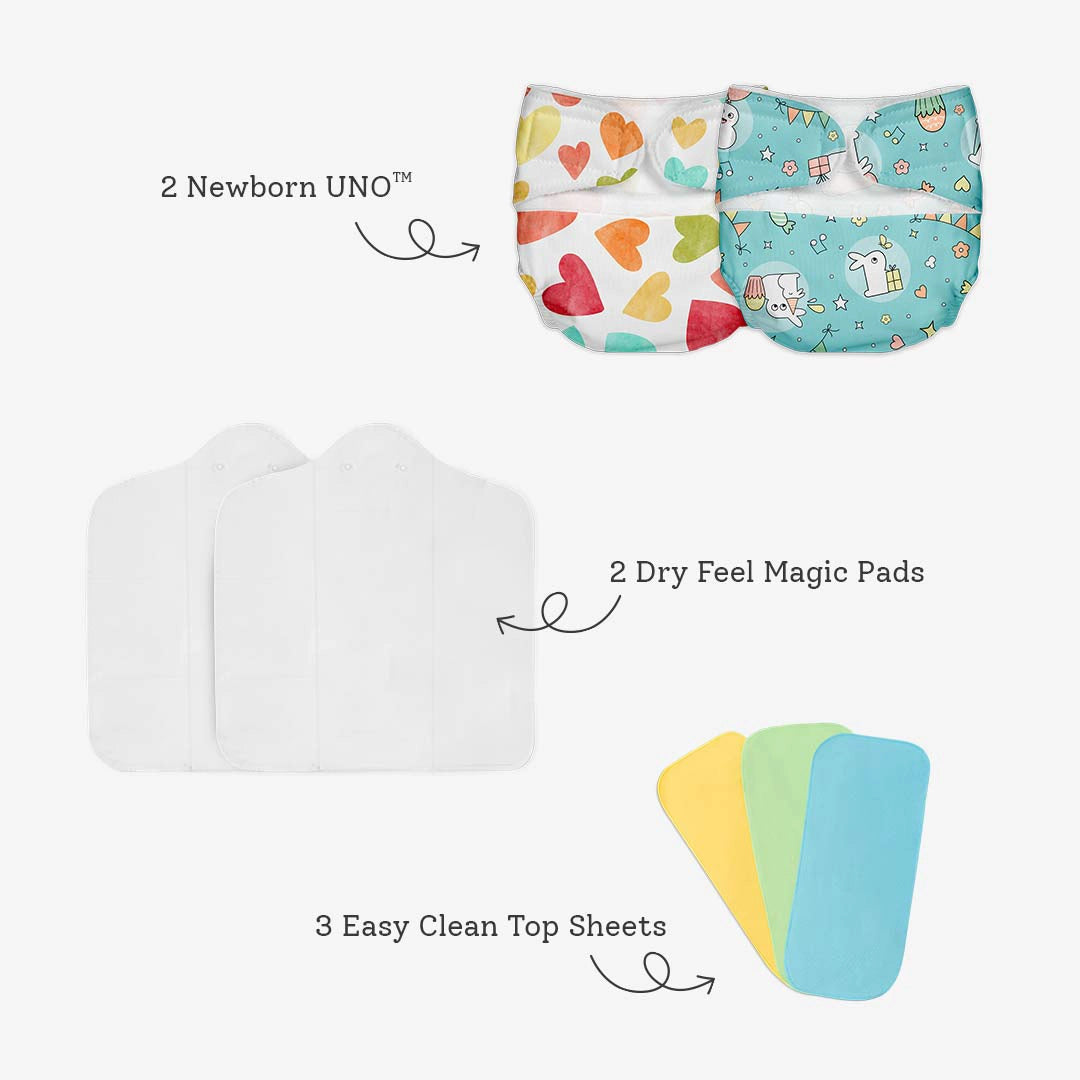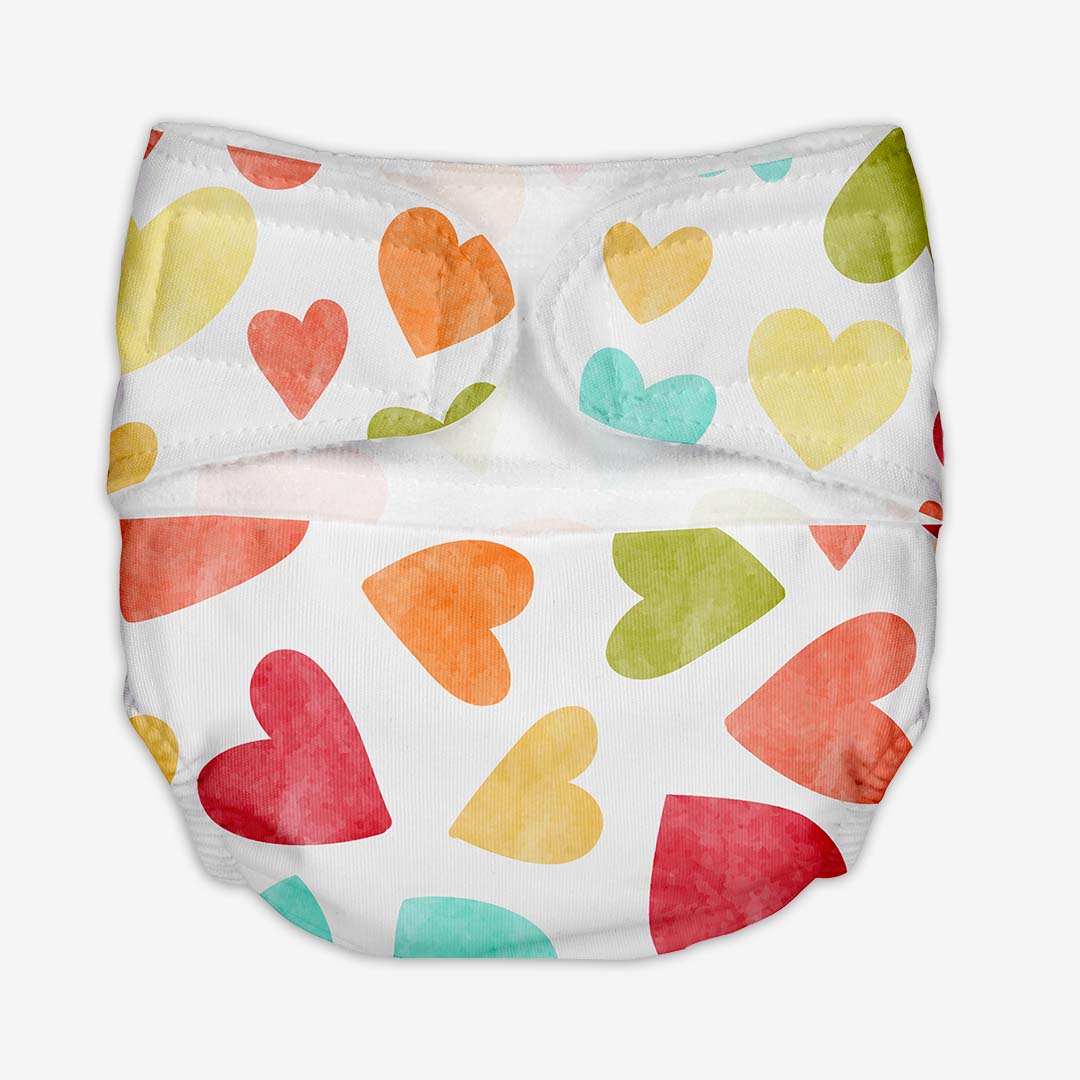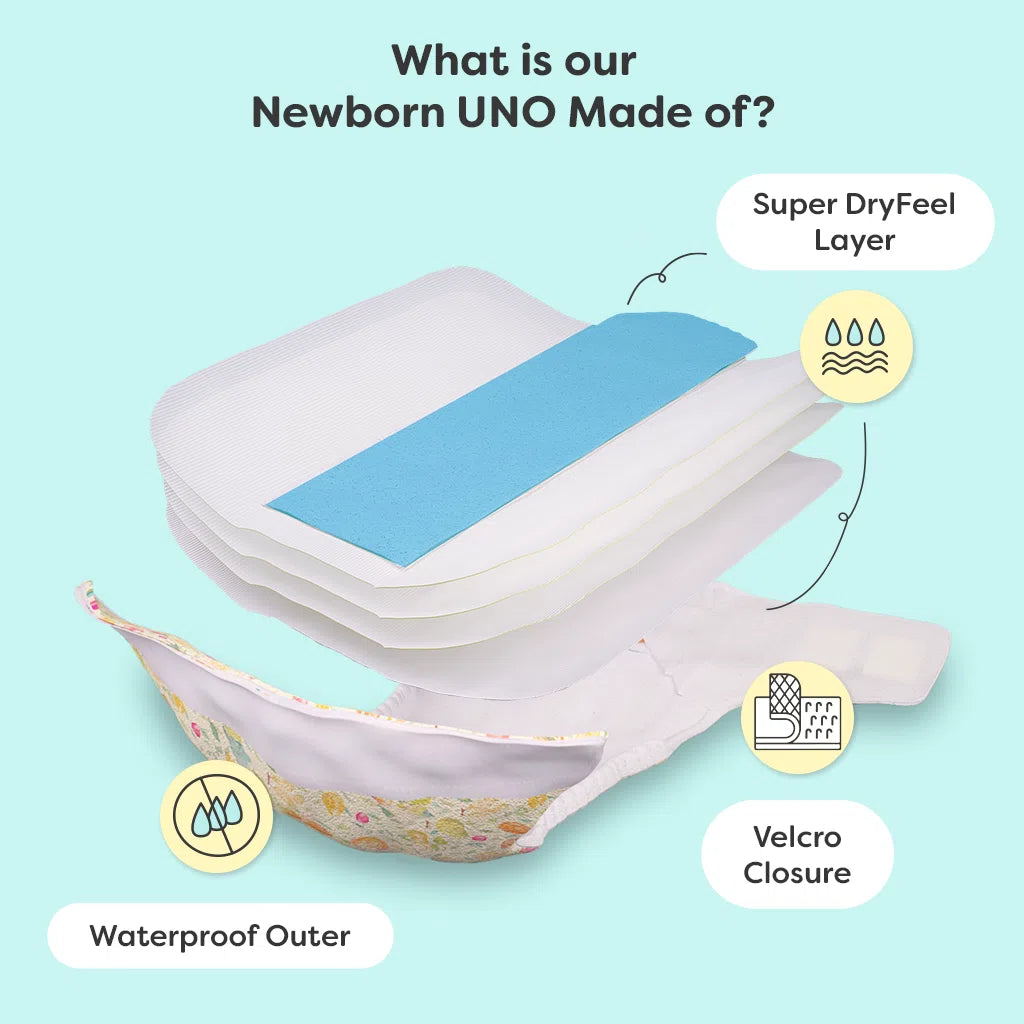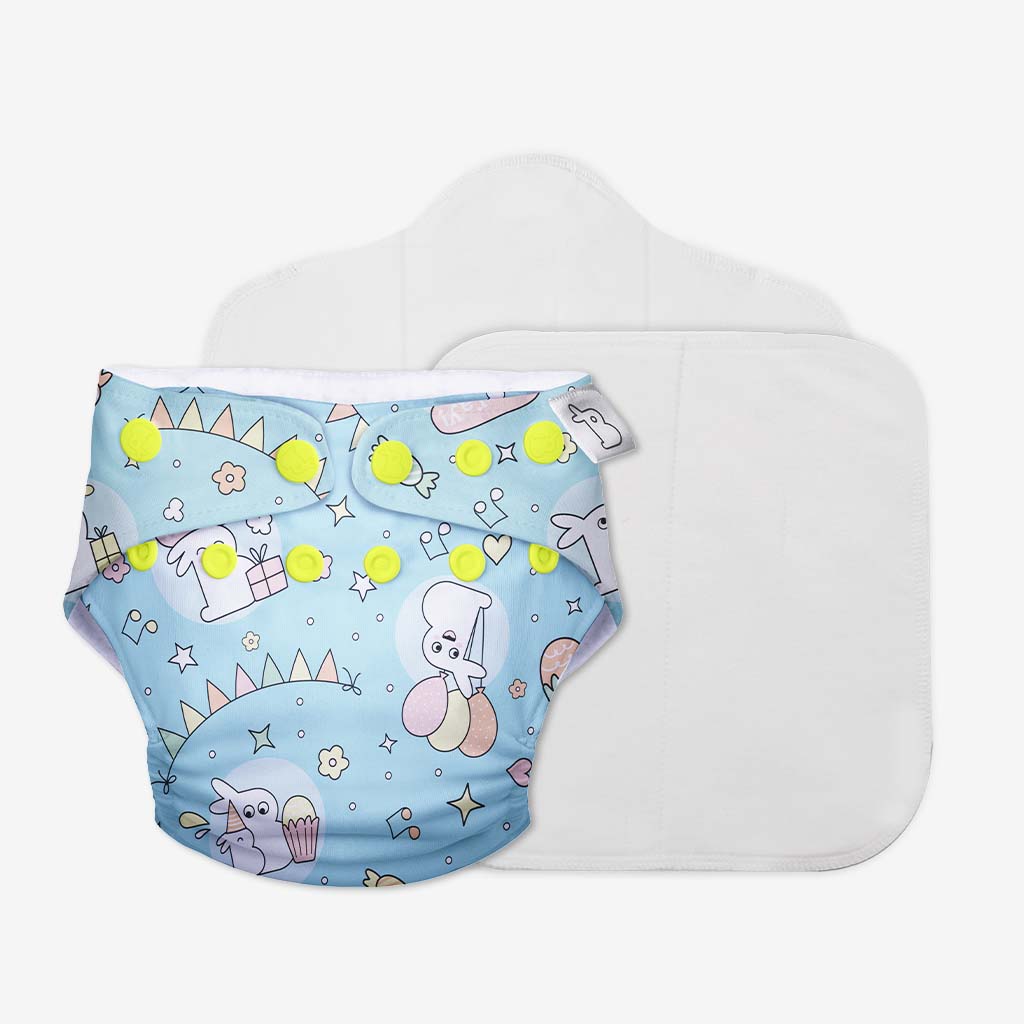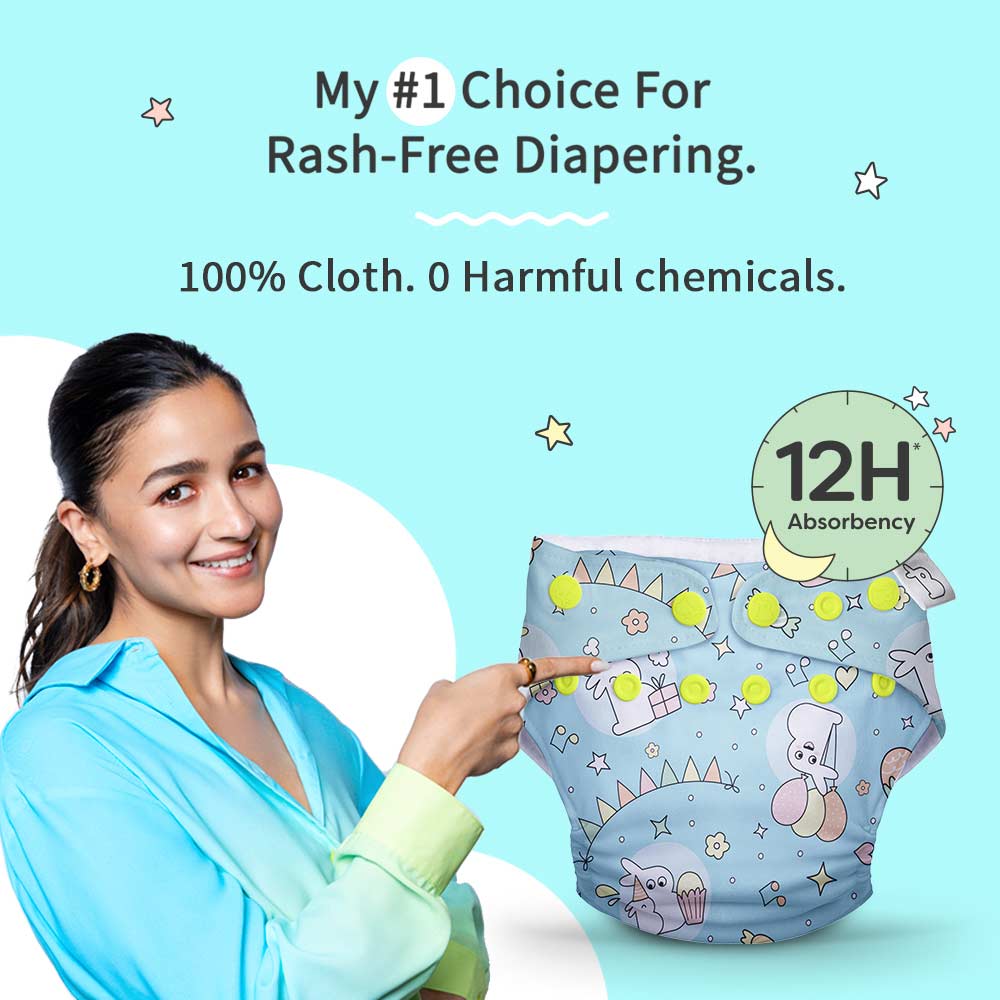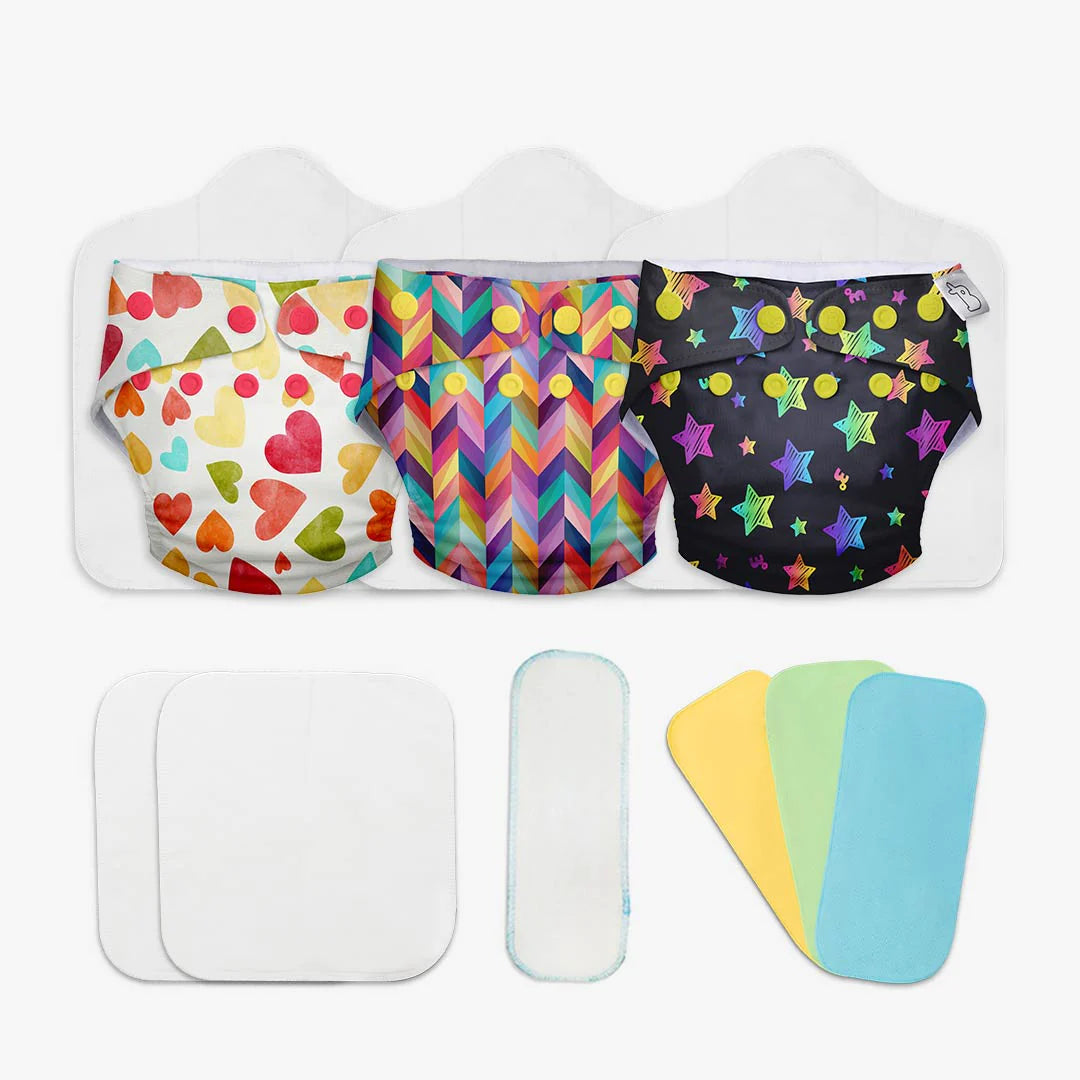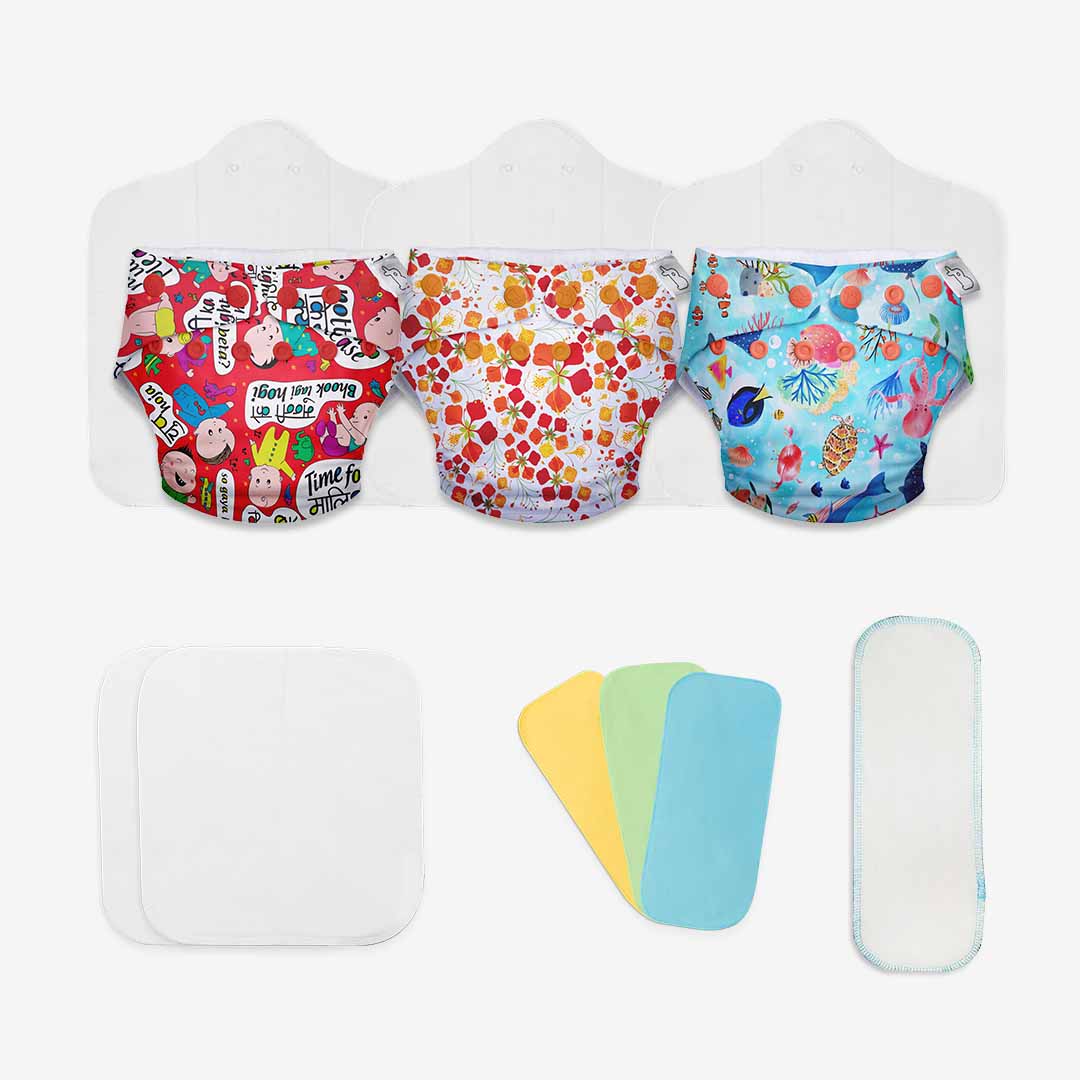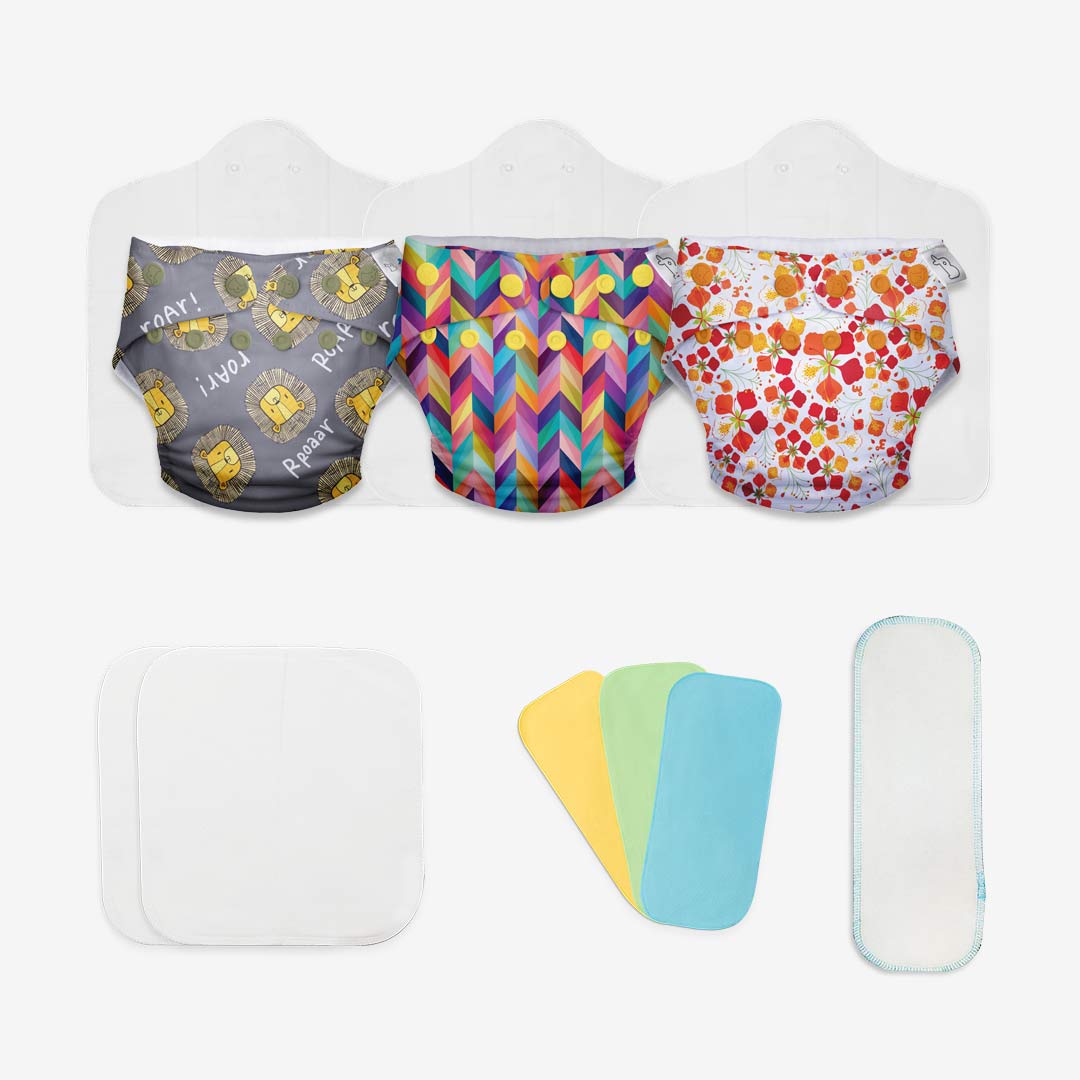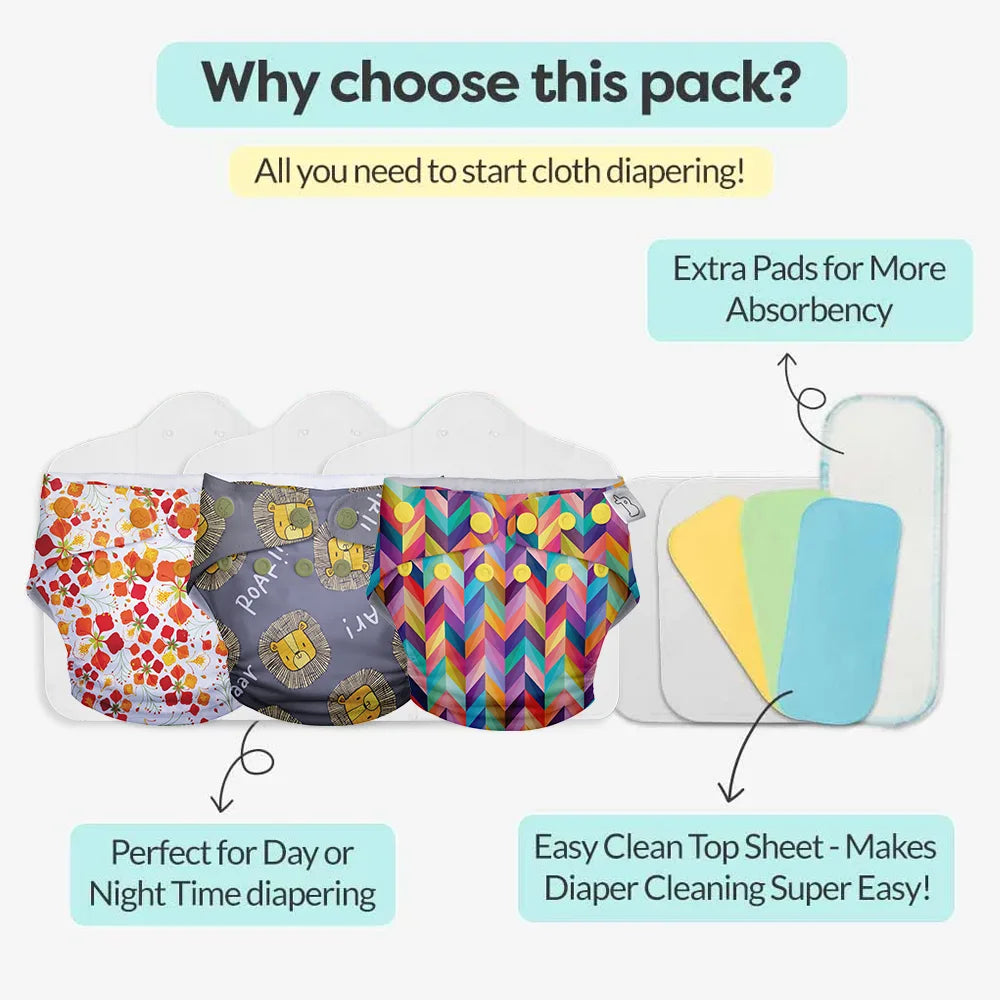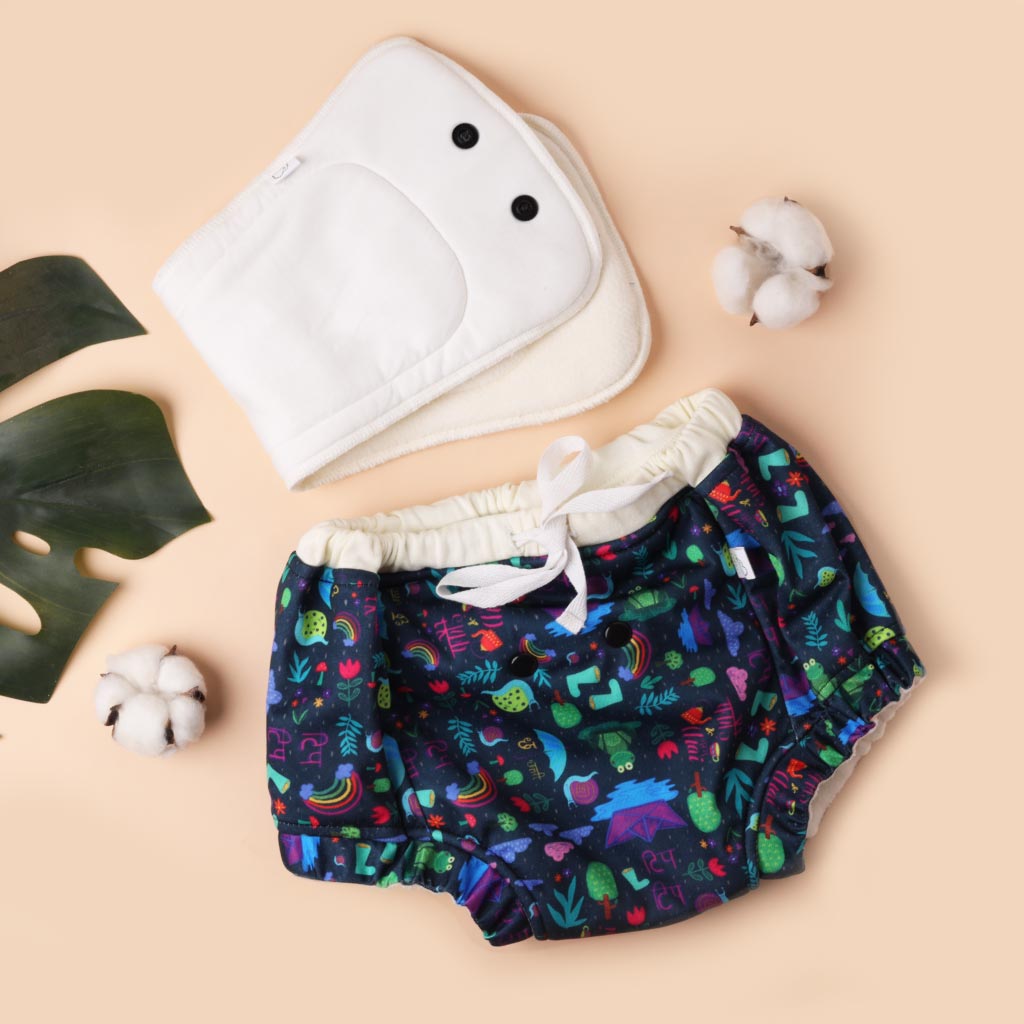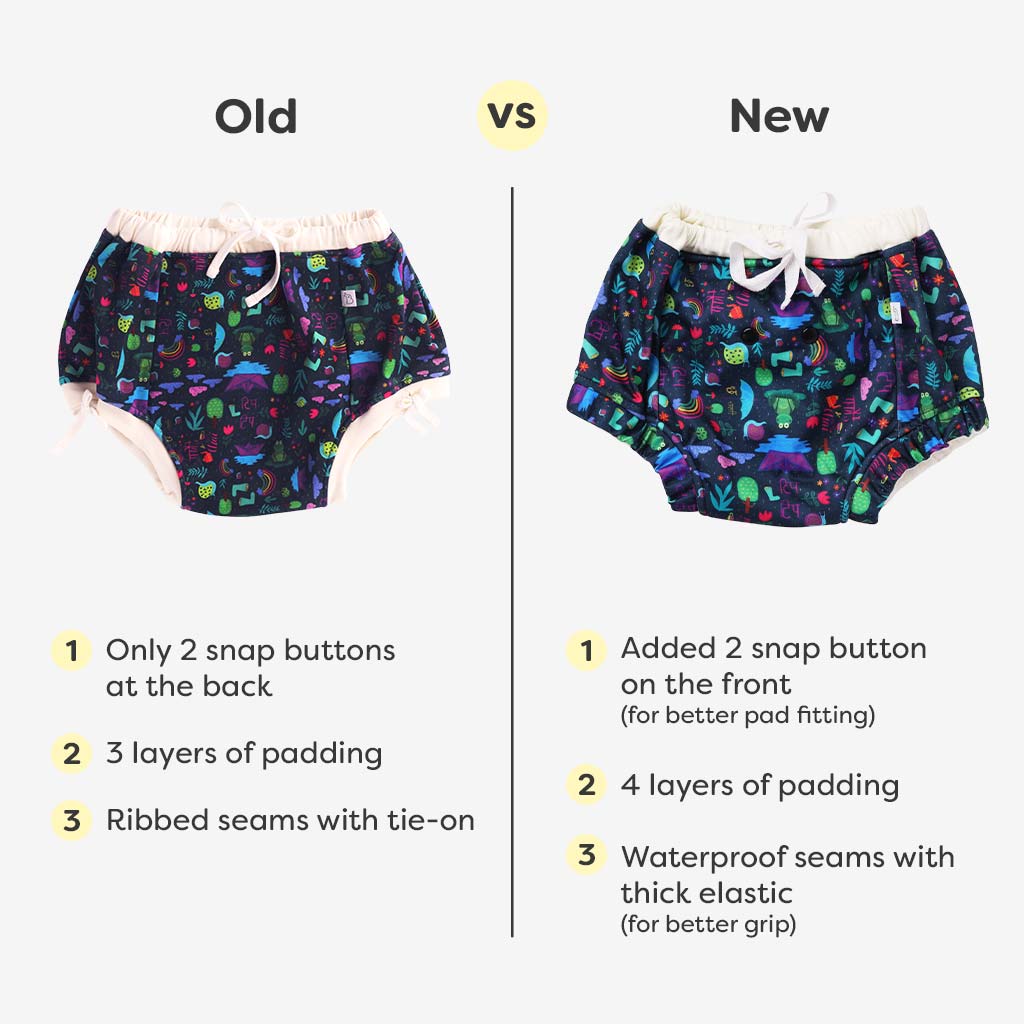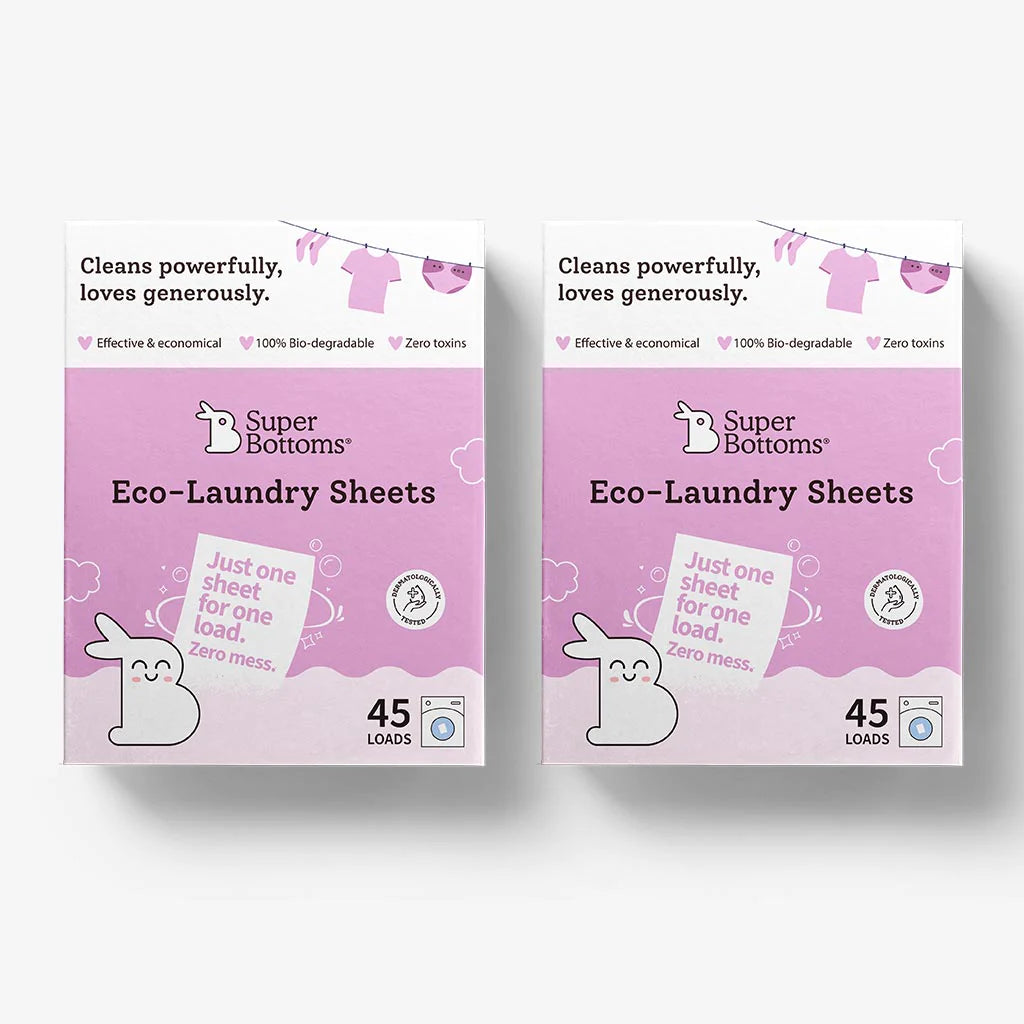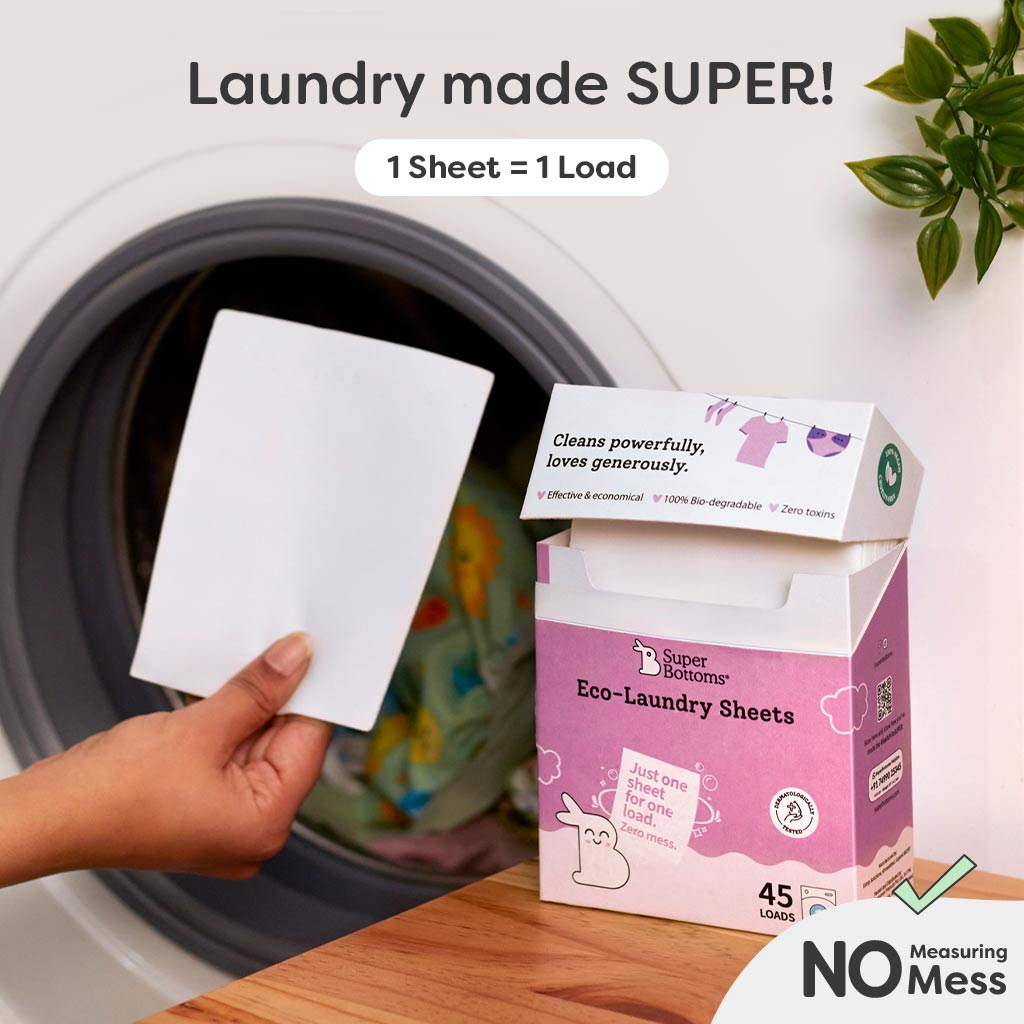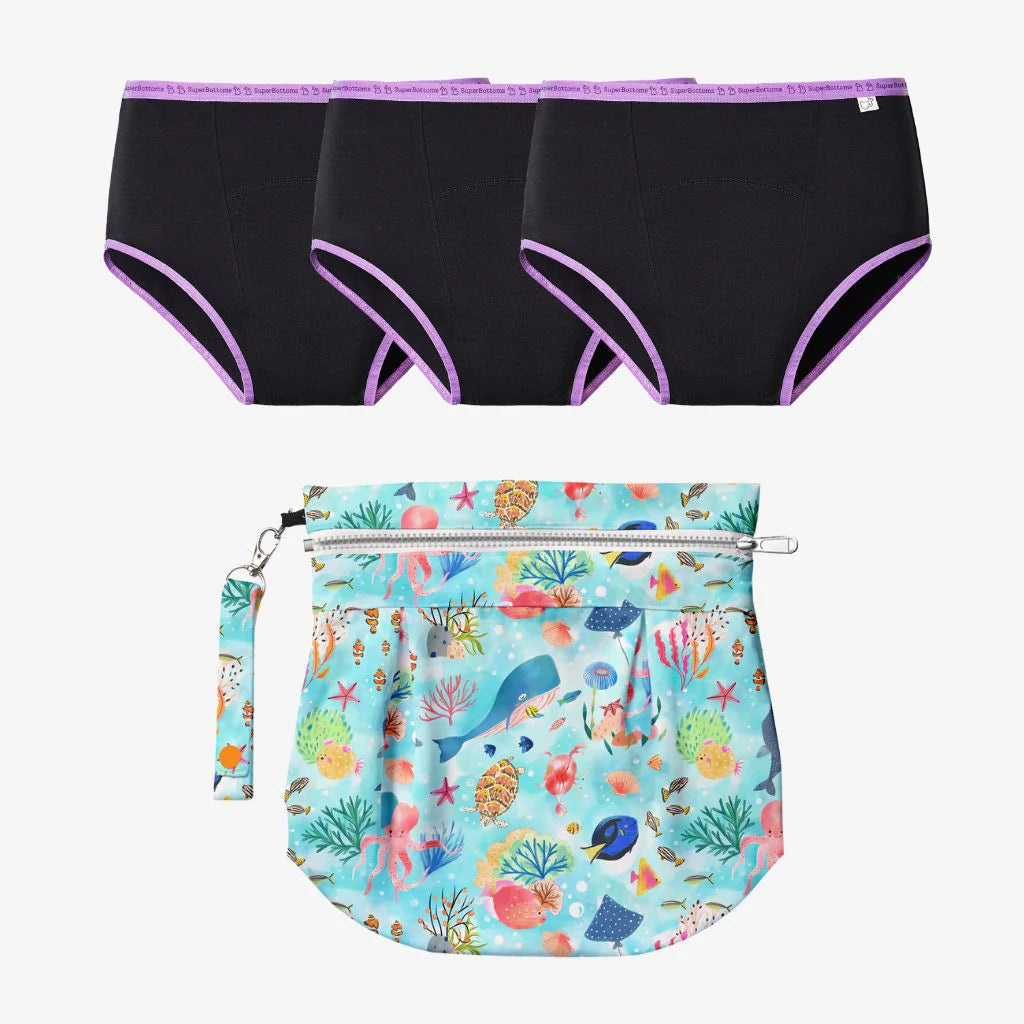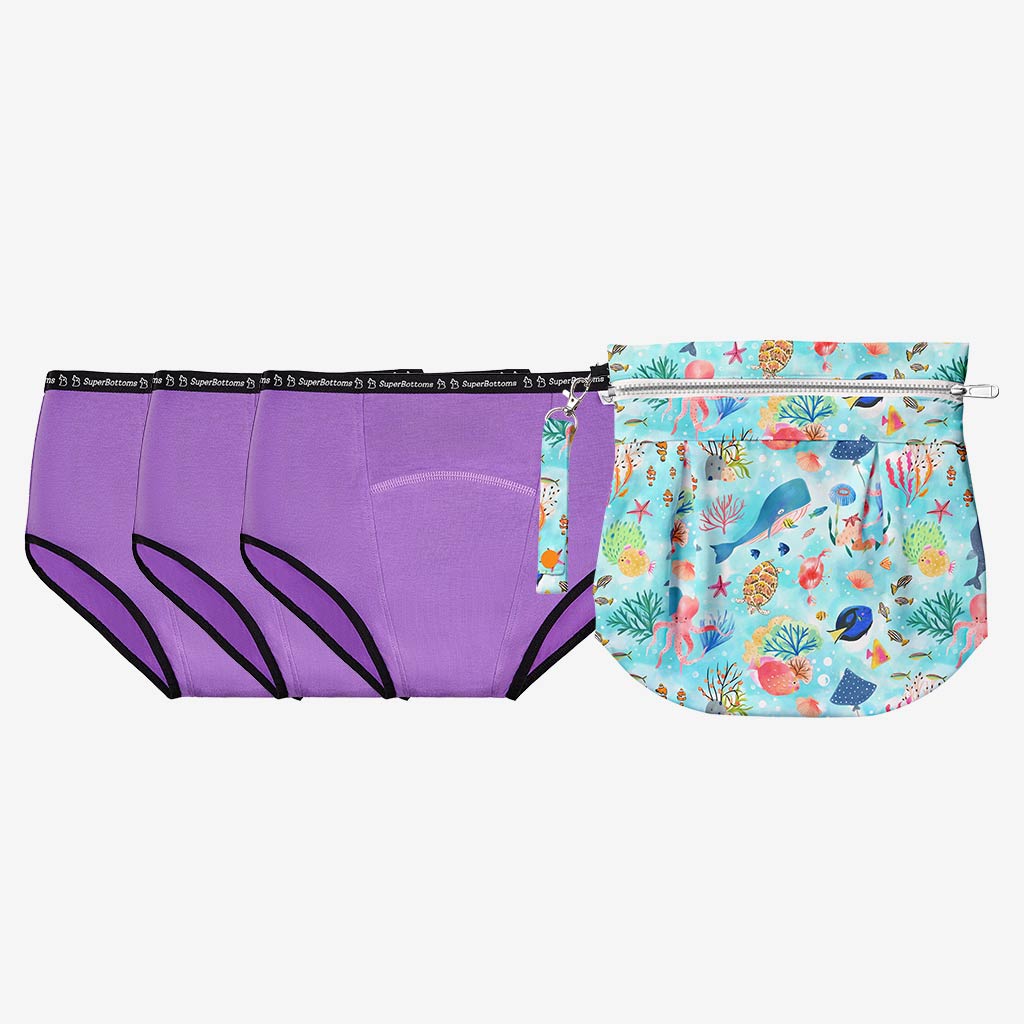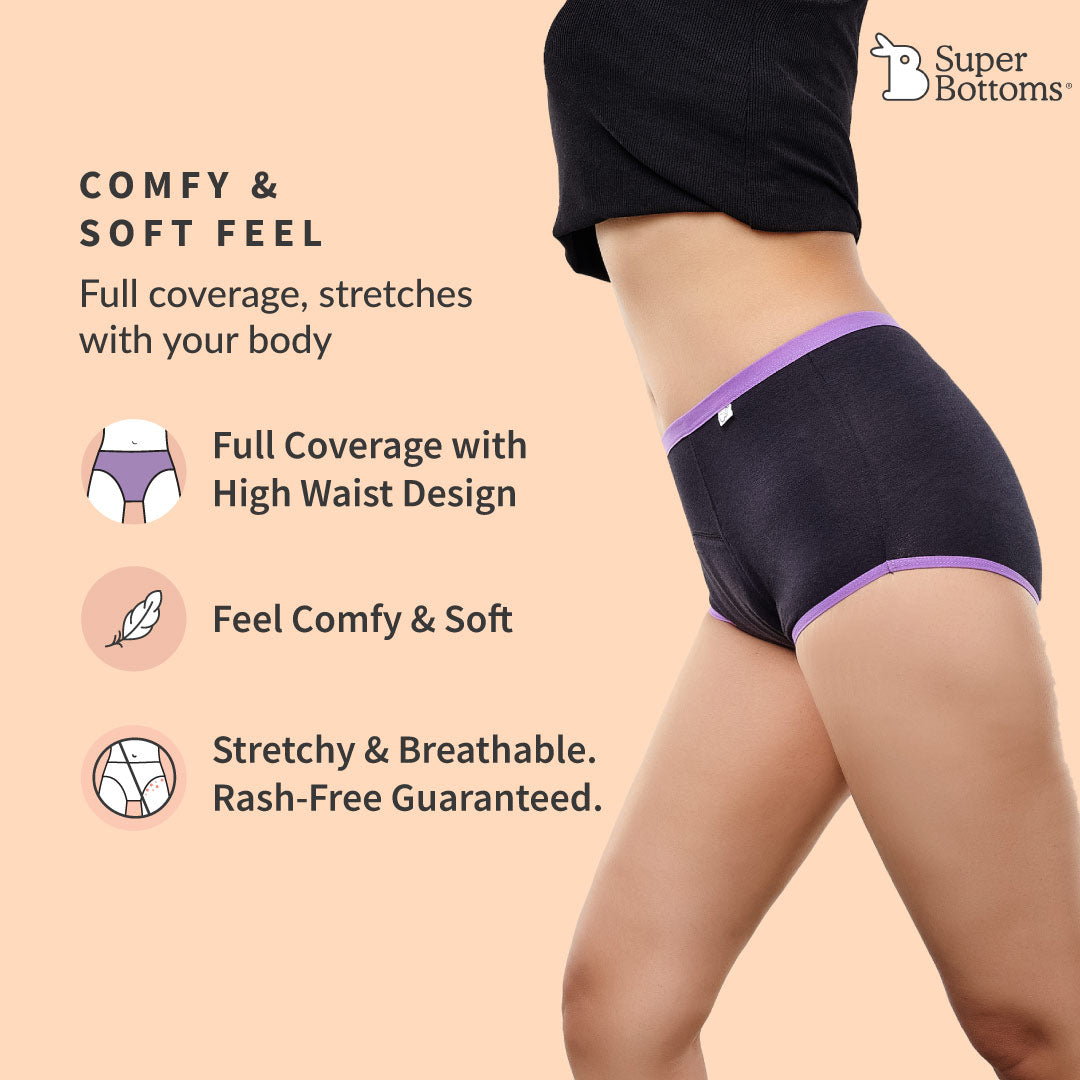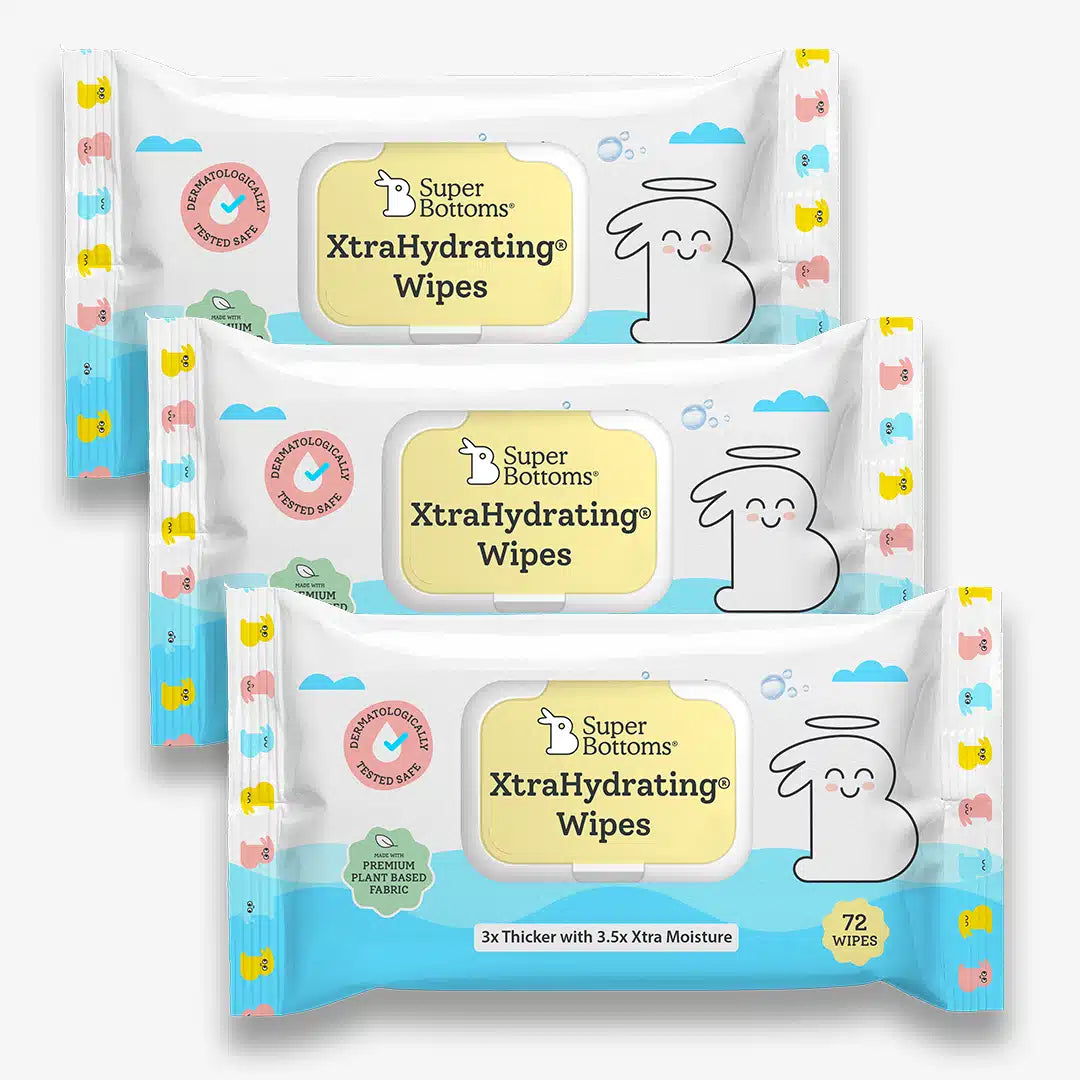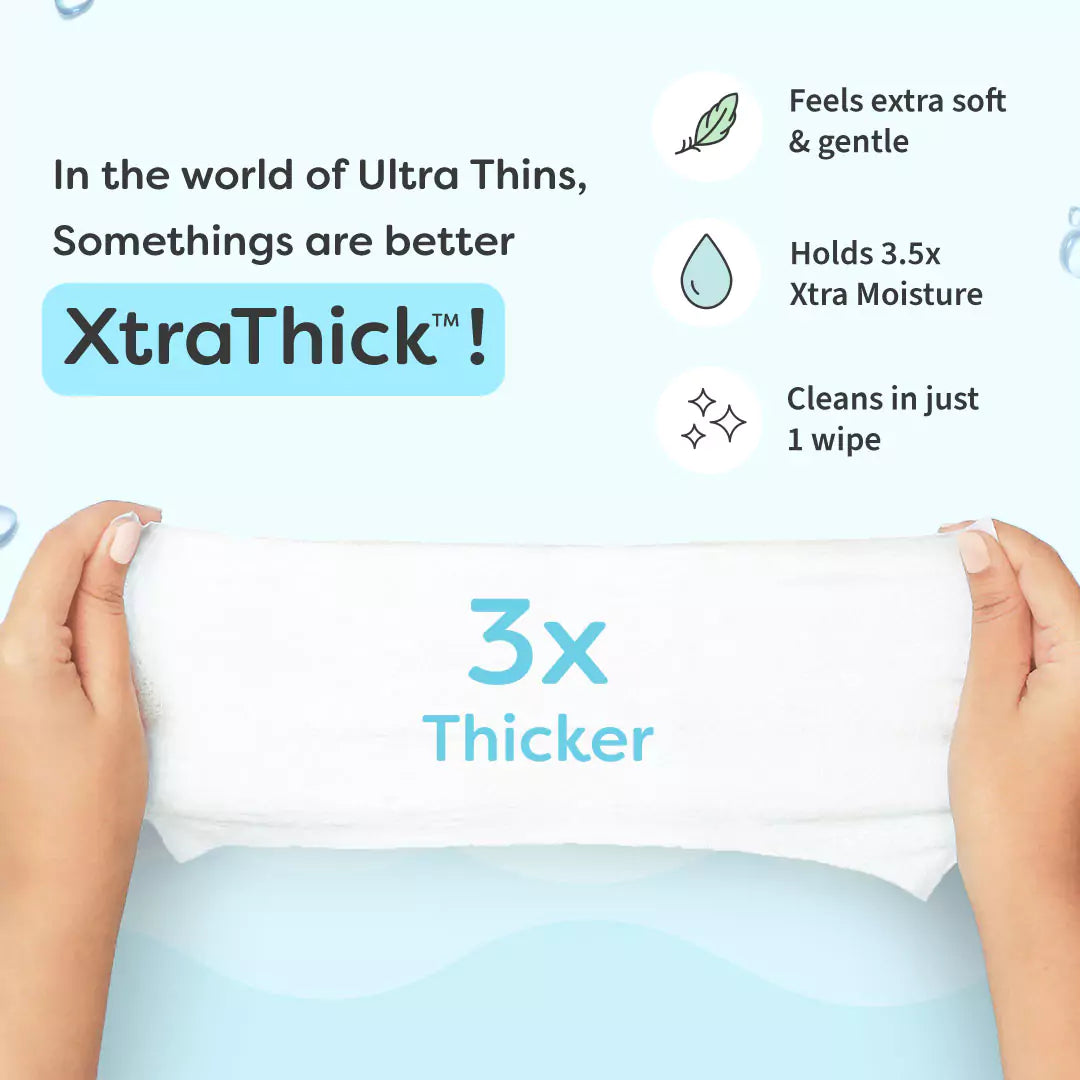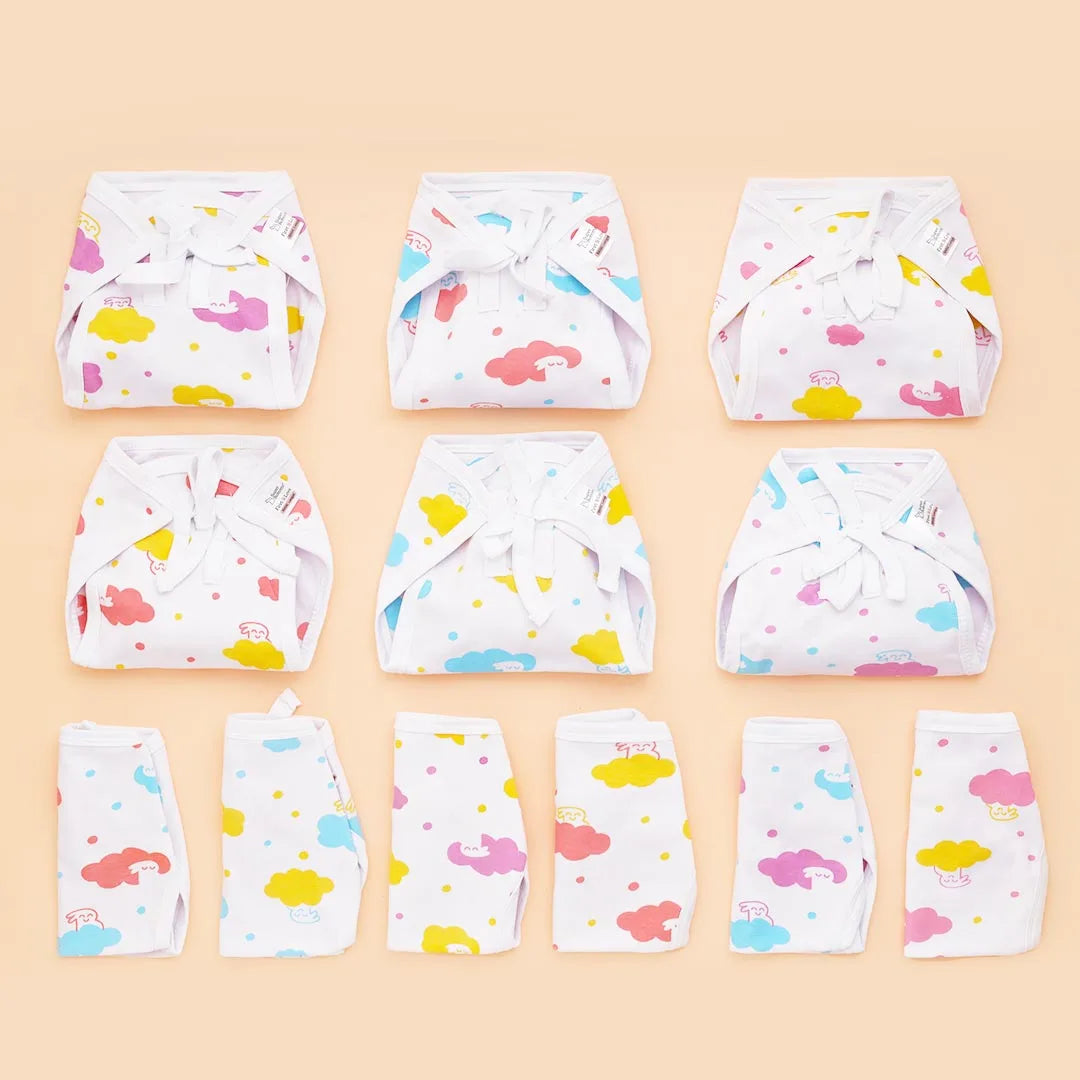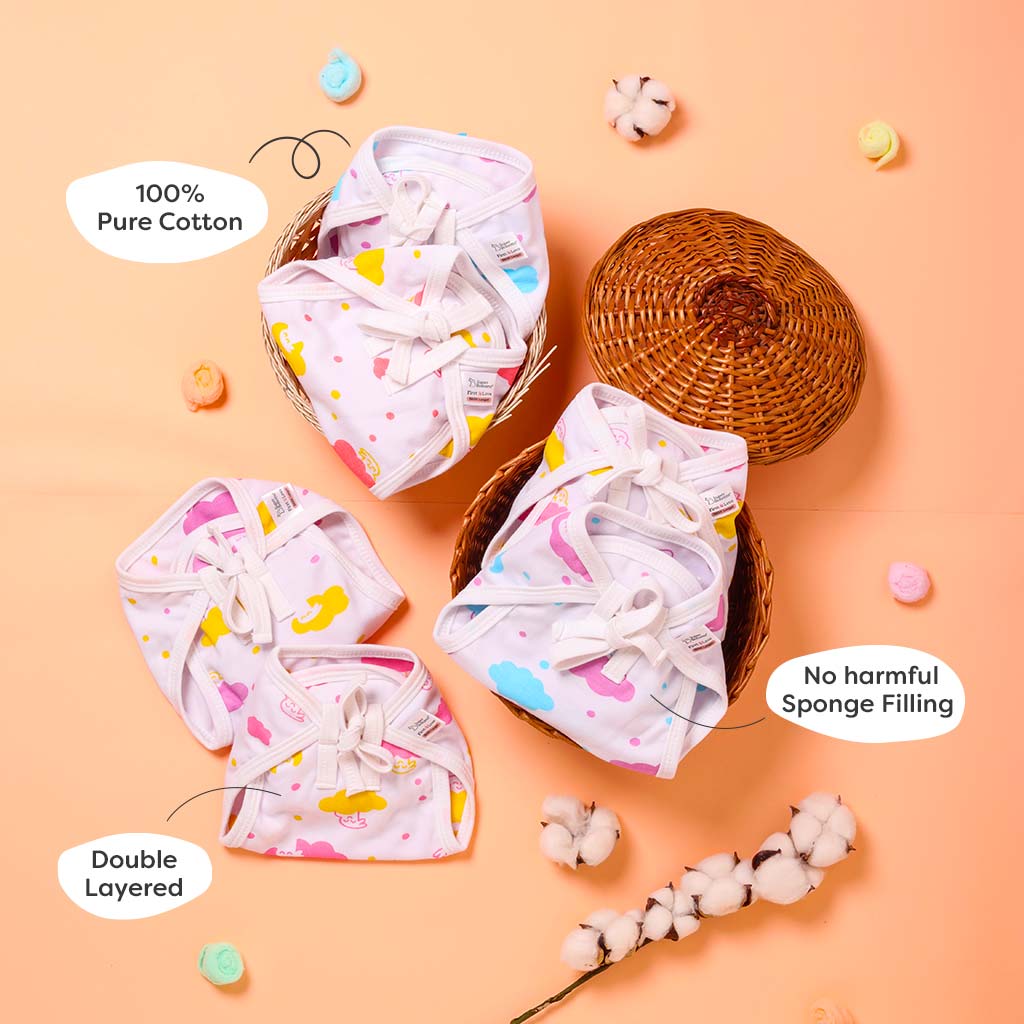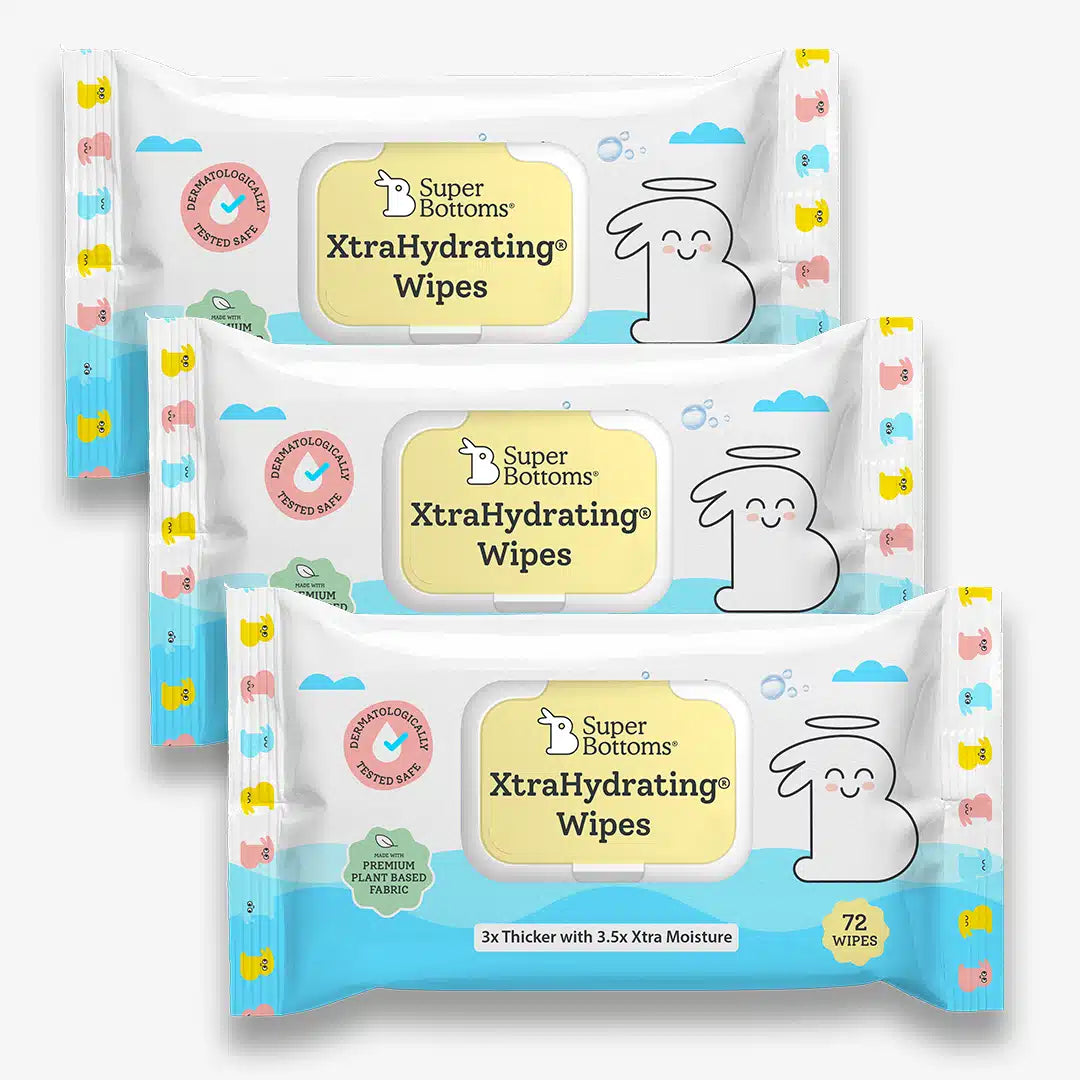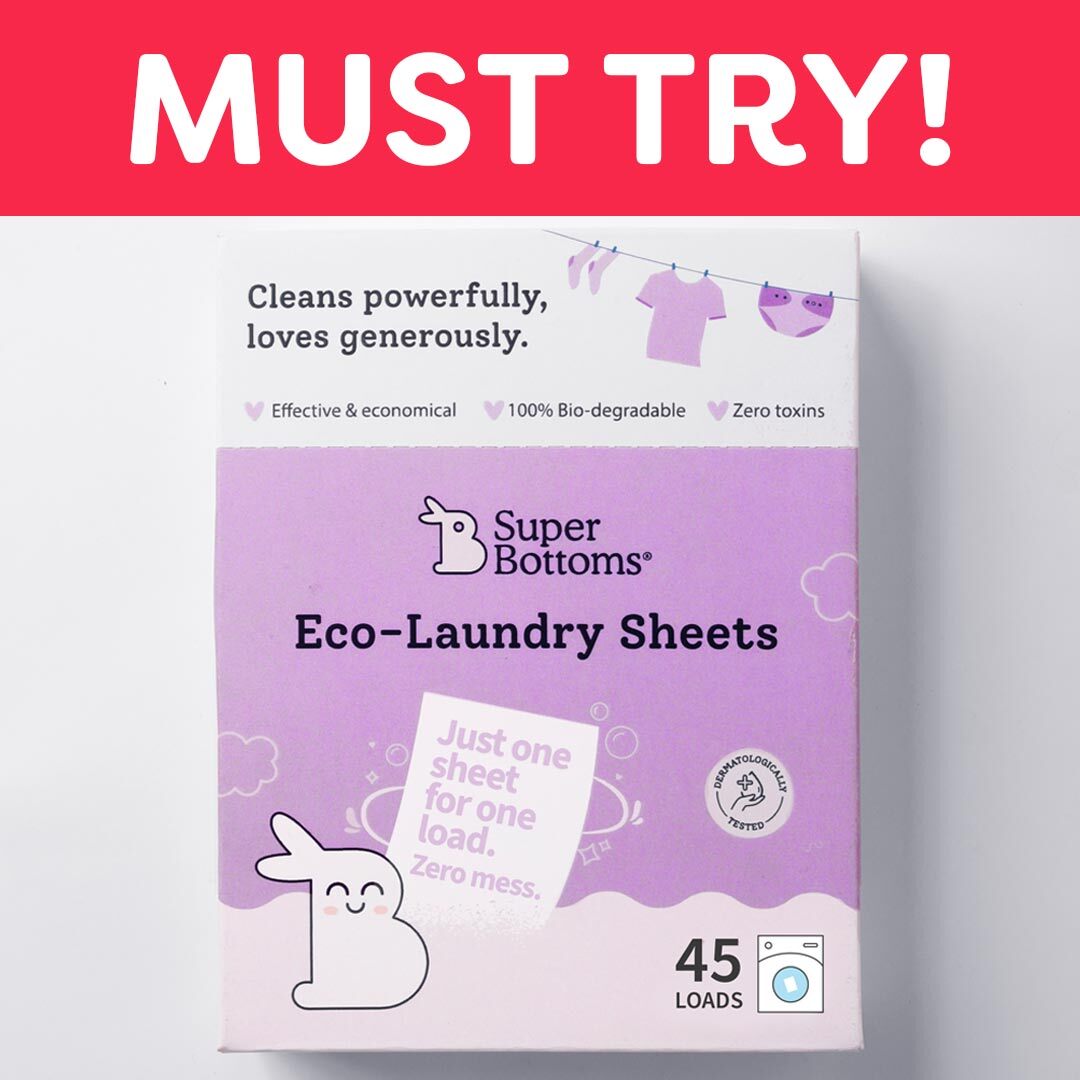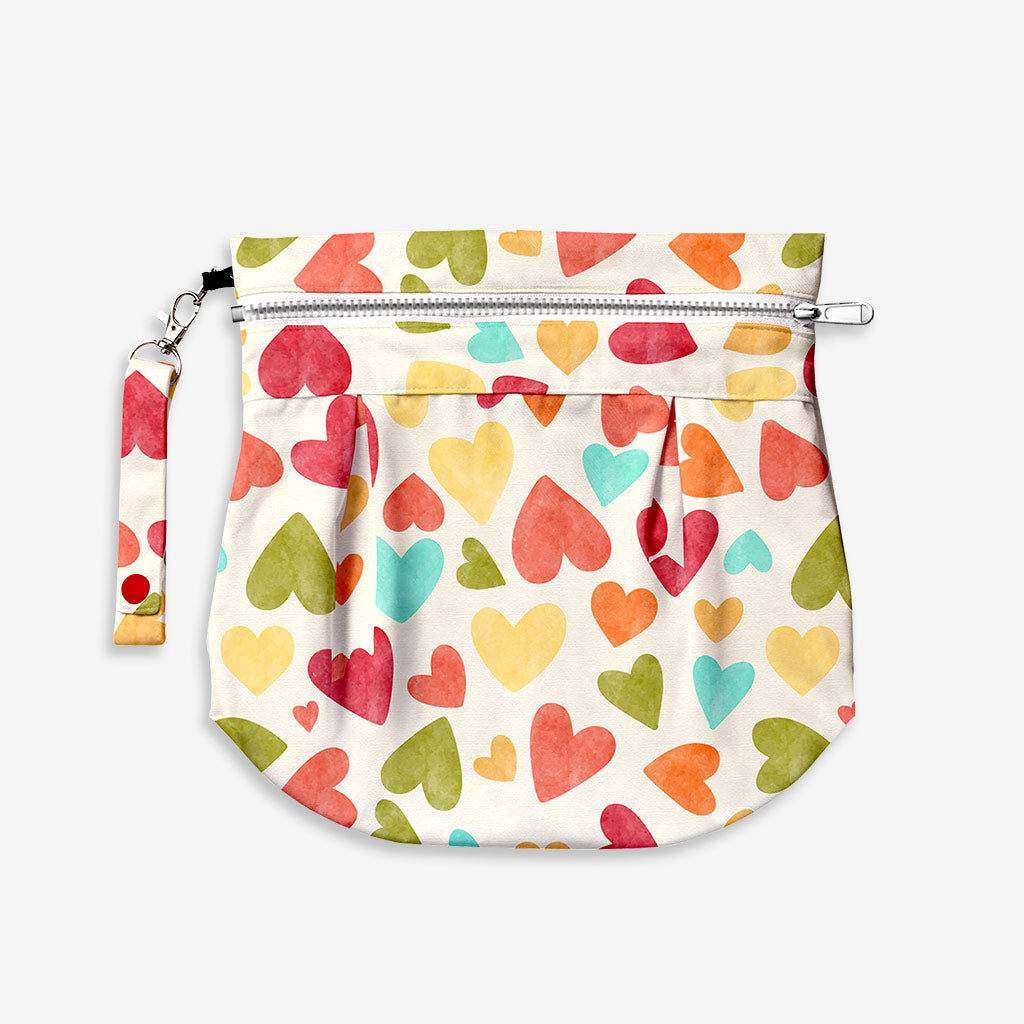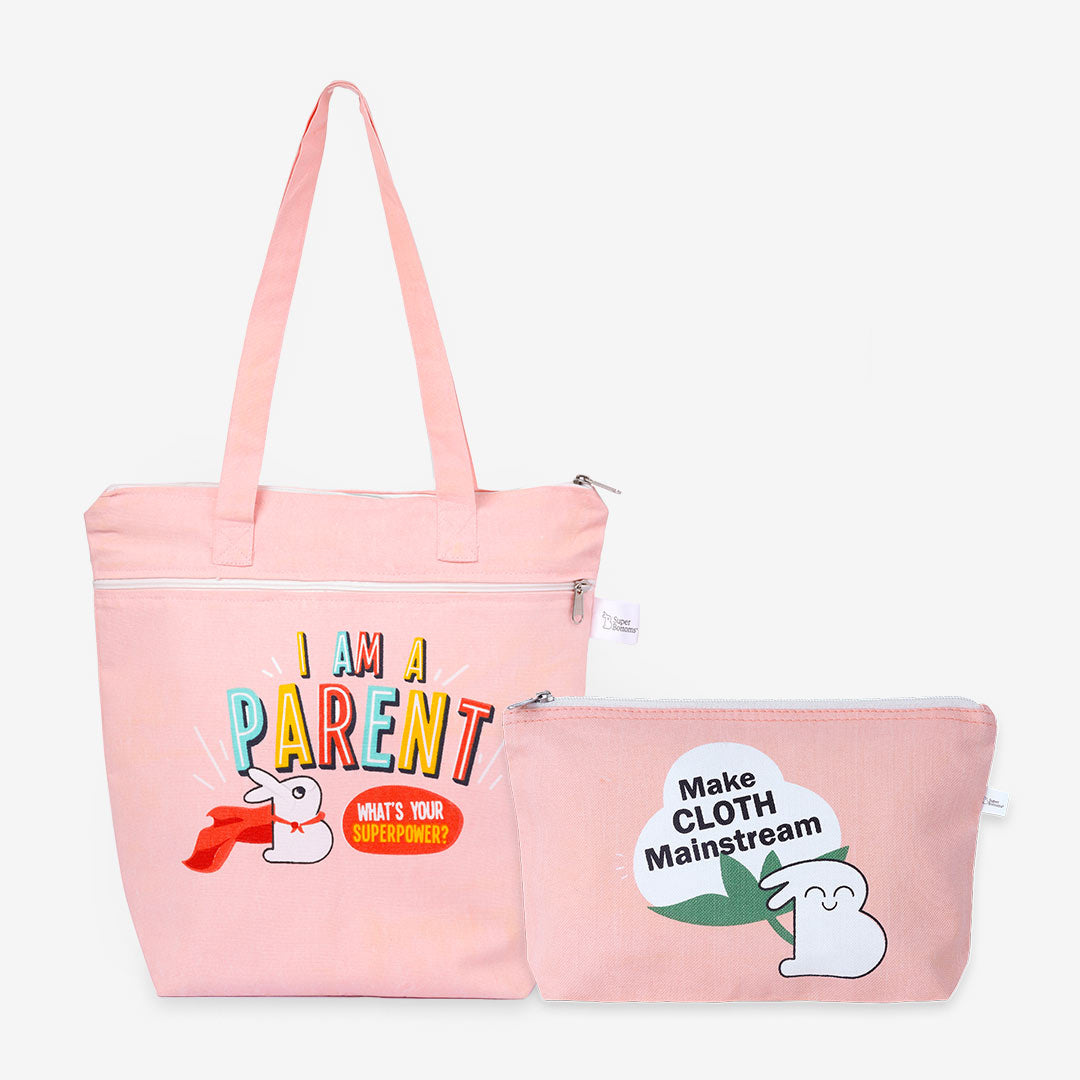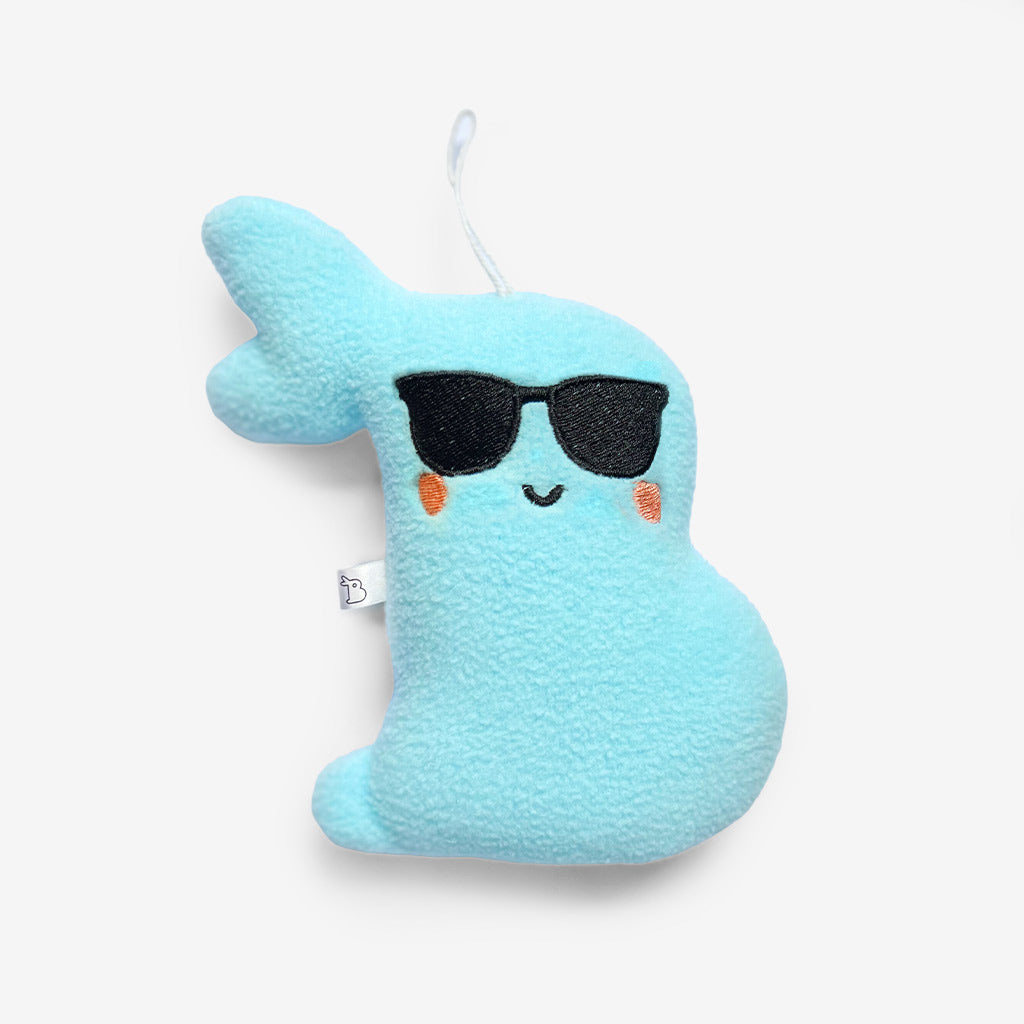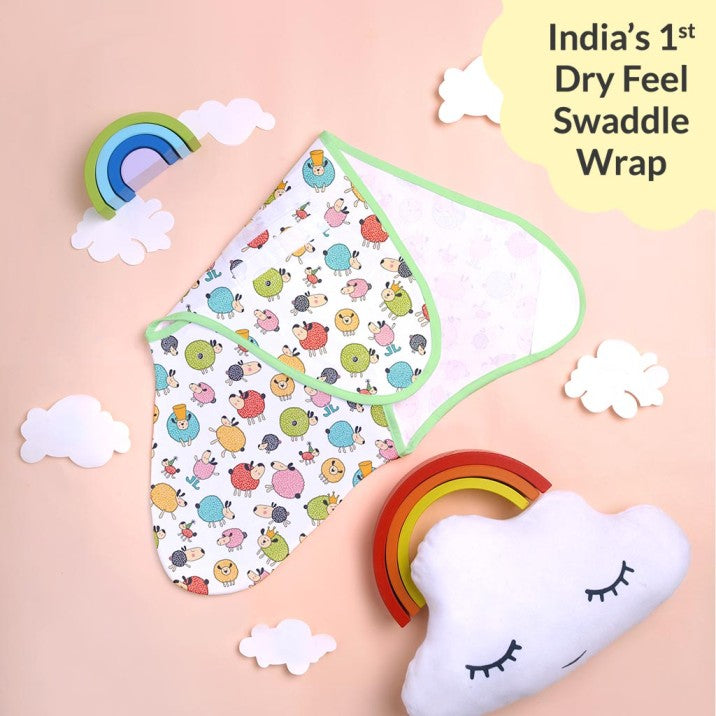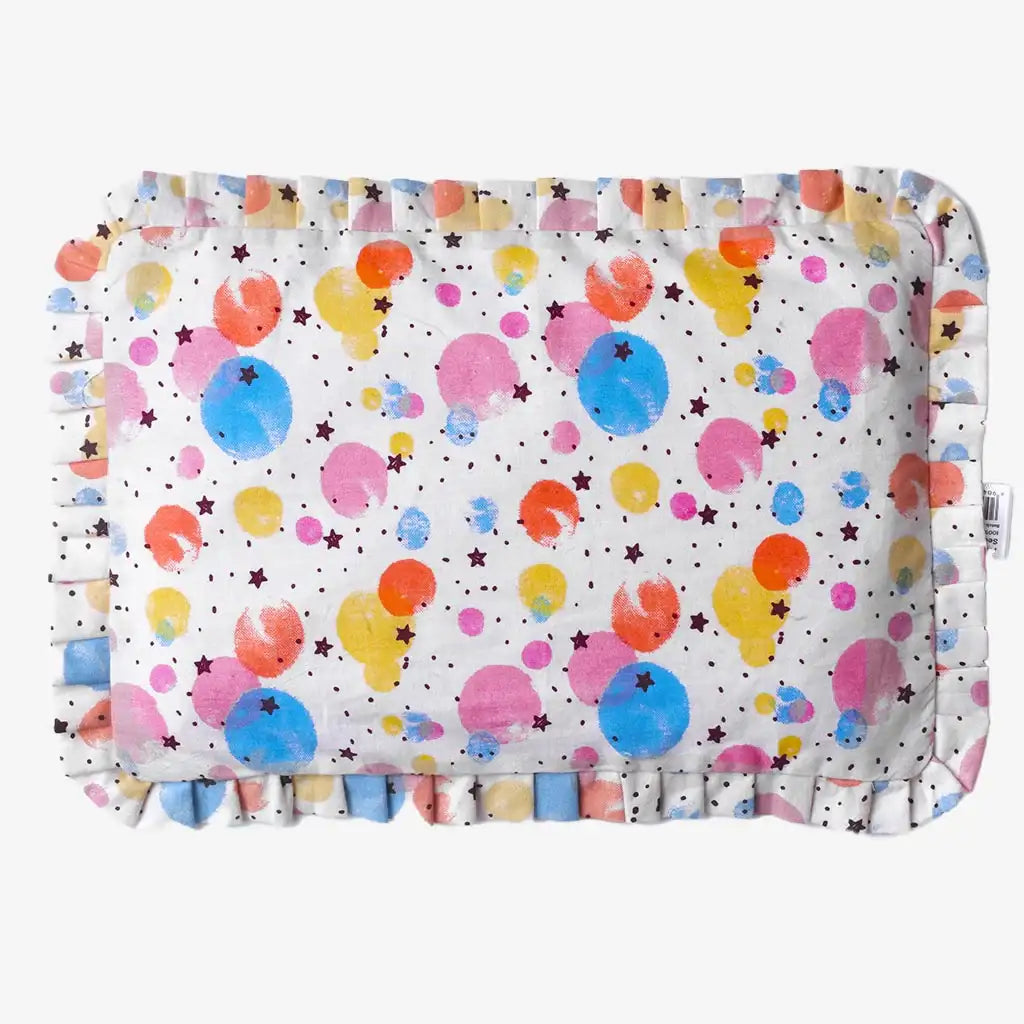Diapering your baby is a big part of parenting. But did you know there's a better way than disposable diapers? It's called a cloth diaper. These diapers are not only good for your baby but also the planet. When you opt for a cloth diaper for your baby, you're not just choosing comfort for your little one – you're also making a positive impact on the environment. In this article, we'll talk about why newborn cloth diapers are a smart choice for you and your baby. Let's dive into the significant energy and resource savings linked with cloth diaper usage, and how it benefits both your family and the planet.
Environmental Impact of Disposable Diapers
Disposable diapers have a big effect on the environment. When we throw them away, they end up in landfills, where they can take hundreds of years to break down. Making disposable diapers also requires a lot of resources like water, trees, and energy. This contributes to deforestation, pollution, and greenhouse gas emissions. Plus, the chemicals used in disposable diapers can harm ecosystems when they're released into the environment. So, using disposable diapers has a significant environmental impact.
Energy and Resource Savings:
1. Reduced Waste Generation: Cloth diapers are reusable, drastically cutting down on the amount of waste compared to disposable ones. By opting for reusable diapers, you can prevent thousands of single-use diapers from ending up in landfills over your baby's diapering years.
2. Water Conservation: While washing cloth diapers does require water, it's far less compared to the water footprint of disposable diapers. Using modern, efficient washing machines and eco-friendly detergents helps minimise water usage. Many cloth diaper users employ water-saving strategies like pre-soaking diapers or using rainwater for washing, further reducing water consumption.
3. Energy Efficiency: Manufacturing disposable diapers consumes a lot more energy than washing cloth diapers. Cloth diaper for baby can be washed using energy-efficient machines and dried naturally or with energy-efficient dryers. Over time, the energy savings from cloth diapers in India add up significantly.
4. Reduced Carbon Footprint: A cloth diaper for baby has a lower carbon footprint due to its reusability and reduced waste generation. By choosing newborn baby cloth diapers, you're helping lower your family's carbon emissions and contributing to a healthier planet for future generations.
5. Longevity and Durability: Cloth diapers are designed to last through multiple washes and wearings, making them more durable than disposable ones. This means fewer diapers need to be manufactured and purchased over time, saving resources and reducing waste.
6. Reduced Chemical Usage: Cloth diapers often require gentler, eco-friendly detergents compared to the harsh chemicals in disposable diapers. This reduces the environmental impact of chemical runoff into waterways.
7. Community Sharing Programs: Some communities have cloth diaper lending libraries or sharing programs, promoting resource sharing and reducing the demand for new diapers.
8. Reduced Transportation Emissions: Newborn cloth diapers are usually produced and distributed locally, reducing the carbon emissions associated with transportation compared to the global supply chain of disposable diapers.
9. Repurposing and Upcycling: Cloth diapers in India have many secondary uses, like burp cloths or cleaning rags, extending their lifespan and reducing the need for additional resources.
10. Sustainable Manufacturing Practices: Many cloth diaper brands prioritise sustainable manufacturing practices, using eco-friendly materials and minimising waste during production. Experience the eco-friendly revolution in diapering with Dry Feel Magic Pad and Booster Pad. These innovative cloth diaper accessories not only provide superior absorbency and leak protection but also contribute to environmental conservation.
In addition to these savings, accessories like Dry Feel Magic Pad and Booster Pad enhance absorbency and reduce the need for extra diaper changes, contributing further to environmental conservation.
|
Limited Offers Ending Sooner - BUY NOW Now or never offers live on the SuperBottoms website. Take advantage of the never-before Good Value for Money on our offer page! Stock up on the bestselling UNO diapers, accessories & other popular SuperBottoms baby and mom products now available in deals and discounts. HURRY, the Deals are Live till stocks last! |
Benefits of Cloth Diapers for Babies:
• Gentle on Baby's Skin: Cloth diapers are soft and breathable, reducing the risk of diaper rash and irritation for your baby's delicate skin.
• Customizable Fit: Cloth diapers come in various sizes and styles, allowing you to find the perfect fit for your baby just like SuperBottoms Cloth Diapers. Newborn UNO Cloth Diapers and Freesize UNO Diapers fit for 3 months to 3 years old.
• Cost Savings: Despite the initial investment, cloth diapers are more cost-effective in the long run, saving hundreds or even thousands of dollars over multiple children.
• Eco-Friendly Choice: By choosing cloth diapers, you're making an eco-friendly choice that helps protect the planet for future generations.
Make the switch to cloth diapers today, and together, let's create a greener, healthier world for our children.
Key Takeaways:
• Cloth diapers offer significant energy and resource savings compared to disposable diapers, making them a smart choice for environmentally conscious families.
• By choosing reusable diapers for your baby, you can reduce waste, conserve water and energy, and provide a comfortable and hygienic diapering experience.
• Invest in cloth diapers today and make a positive impact on the planet while caring for your little one's needs.
FAQs:
Q1. How do cloth diapers save energy compared to disposable diapers?
Ans. Cloth diapers require less energy for manufacturing and transportation compared to disposable diapers, which are produced using energy-intensive processes and materials.
Q2. Do cloth diapers really save water?
Ans. Yes, cloth diapers can save water when washed efficiently in full loads and using energy-efficient washing machines. Compared to the water footprint of disposable diapers, cloth diapers generally require less water for production and use.
Q3. What are the environmental benefits of cloth diapers?
Ans. Cloth diapers help reduce landfill waste by being reusable, minimizing the environmental impact associated with disposable diapers. They also contribute to water and energy conservation efforts, making them a more sustainable choice.
Q4. Are cloth diapers more cost-effective long-term?
Ans. Yes, although baby cloth diapers may have a higher initial investment, they can save families money over time by eliminating the ongoing expense of purchasing disposable diapers. Additionally, using cloth diapers for multiple children or reselling them can further enhance cost-effectiveness.
MESSAGE FROM SUPERBOTTOMS:
Hola, New Moms and Dads! We at SuperBottoms ensure you have the best and safest products for your babies, no matter what corner of India or the world you are in. SuperBottoms is appropriate for your baby's sensitive skin throughout their Cloth Diapering journey, in any season, and also offers Padded Underwear for kids. If you reside in Canada, Kuwait, the United States, Qatar, Hawaii, Bahrain, Armenia, the United Arab Emirates, or the Philippines, SuperBottoms is an essential product for you and your child.









